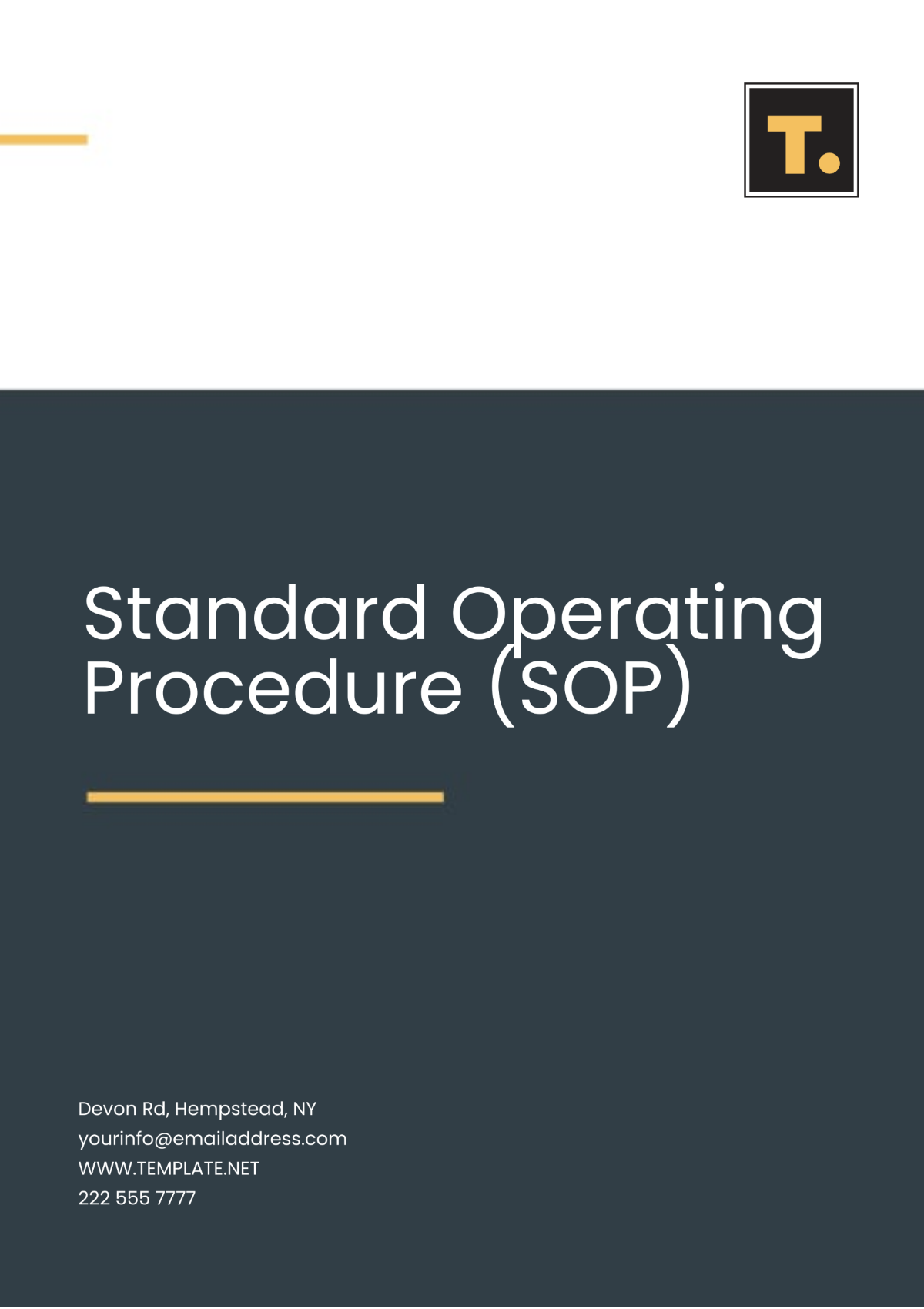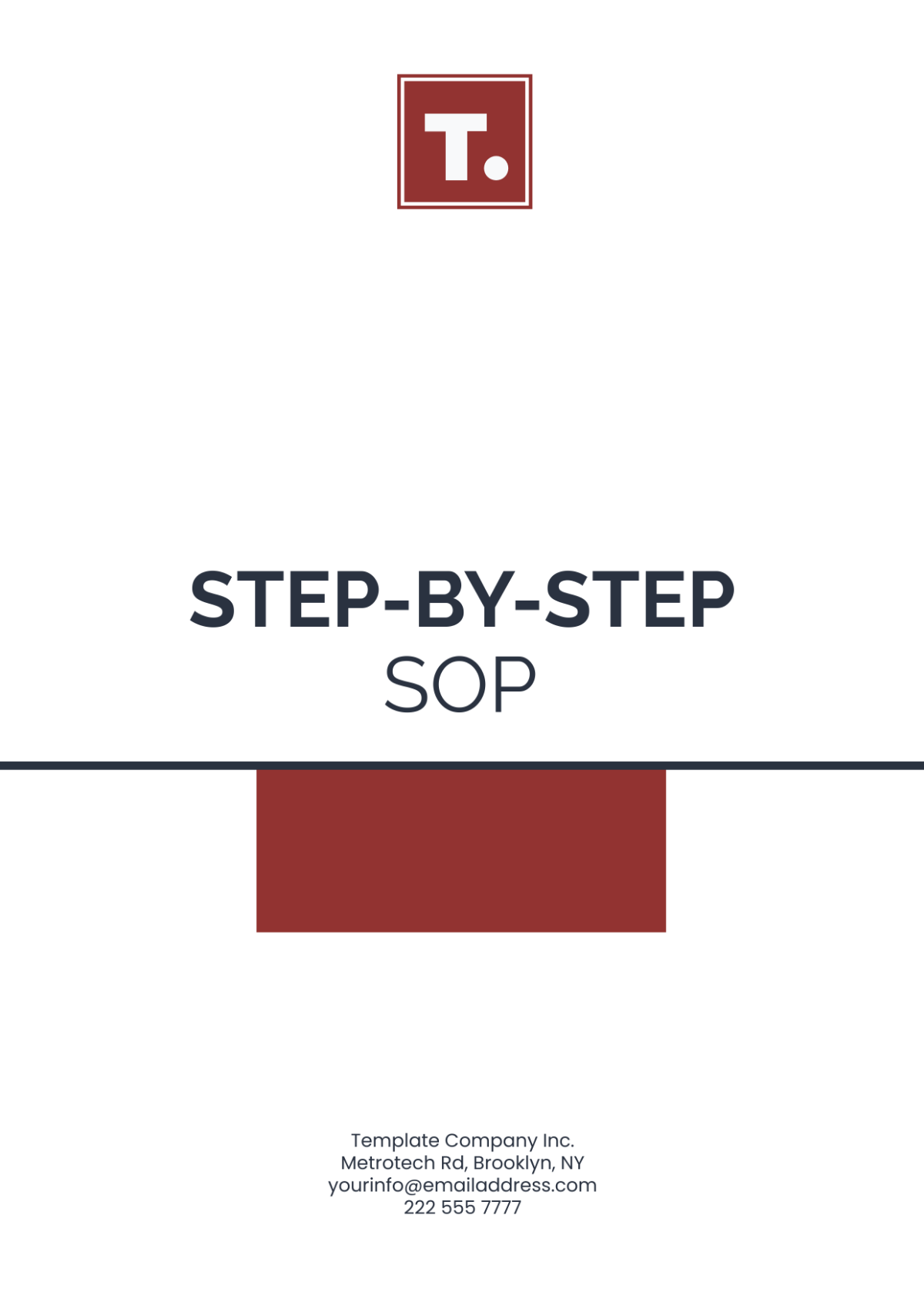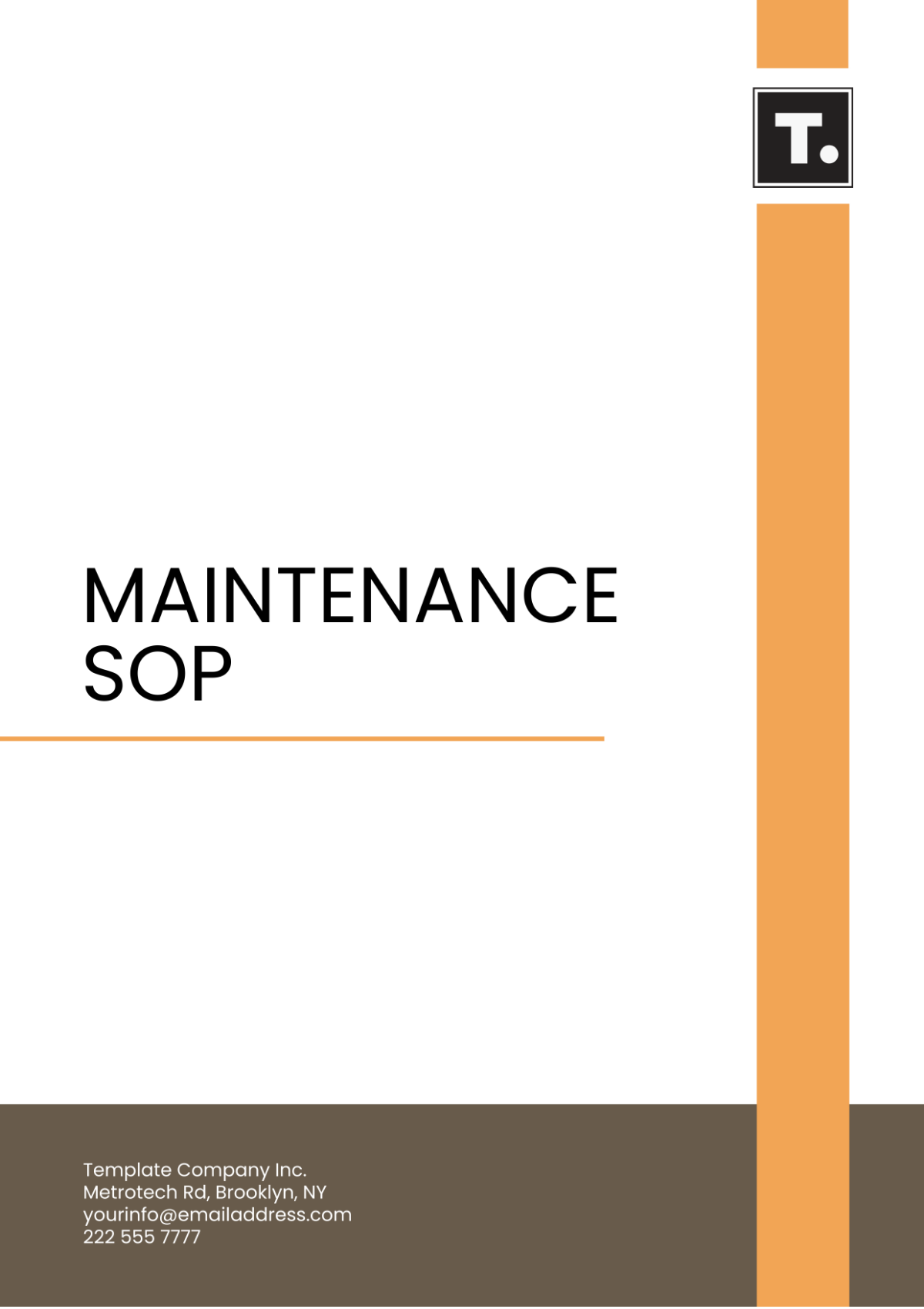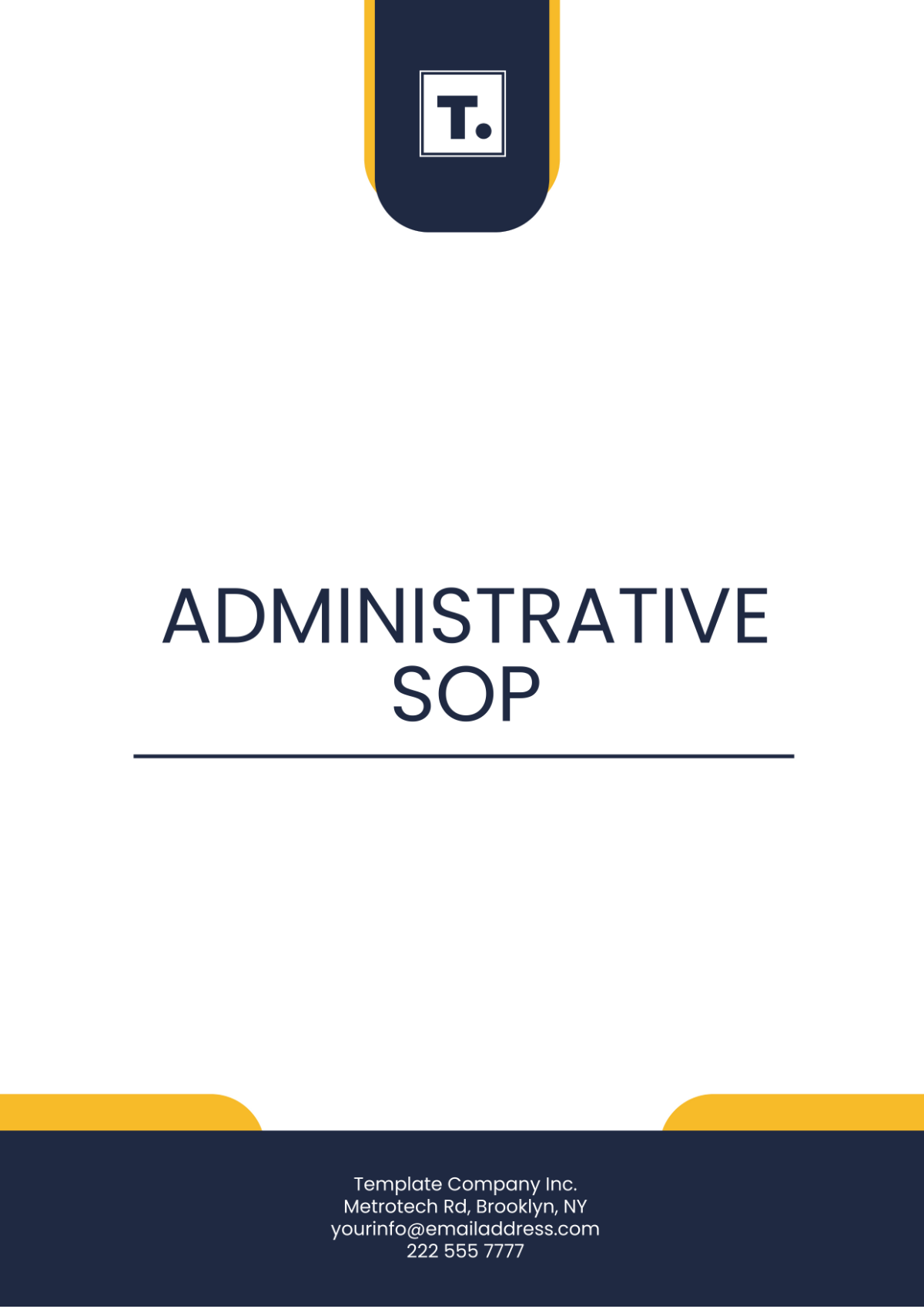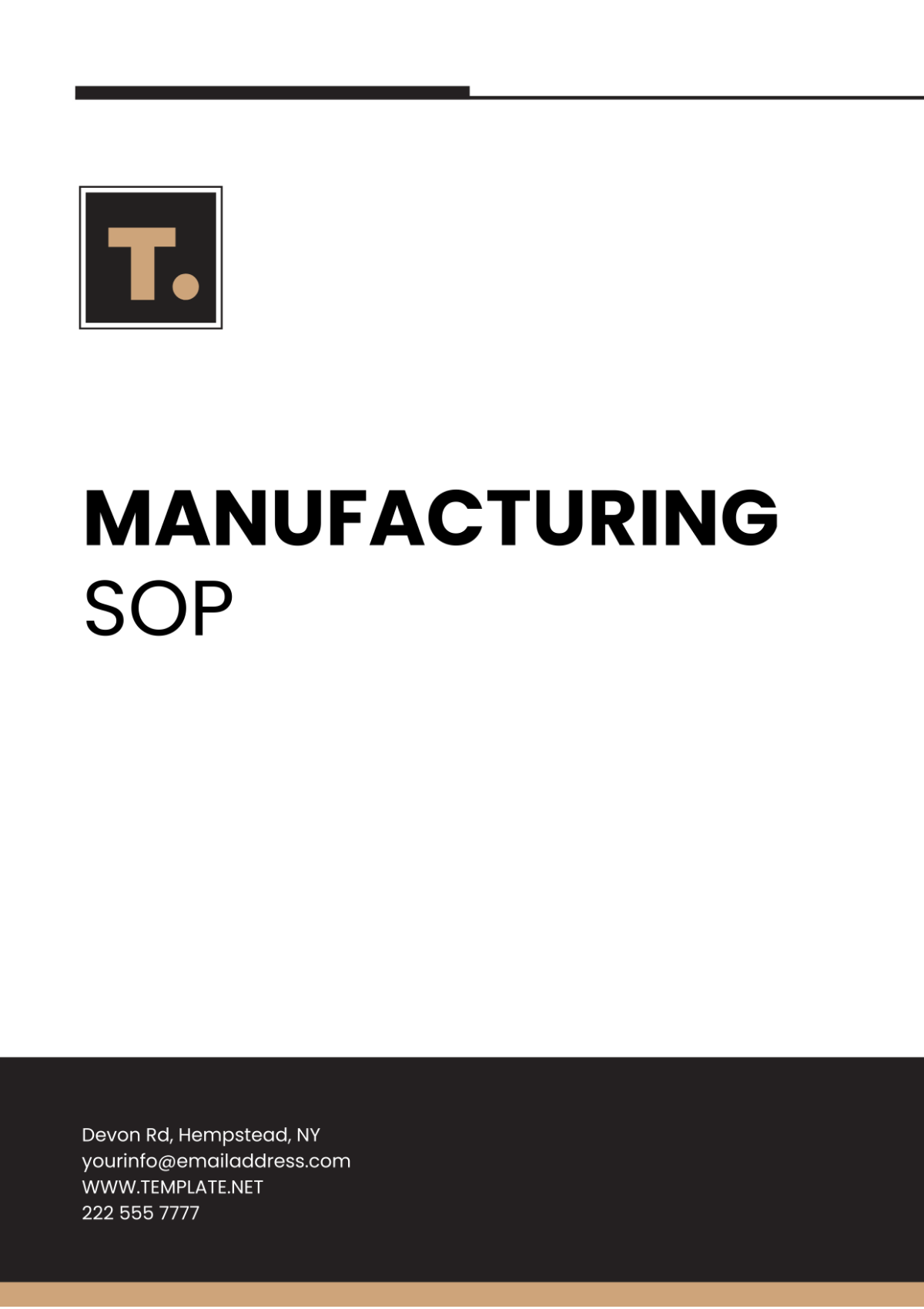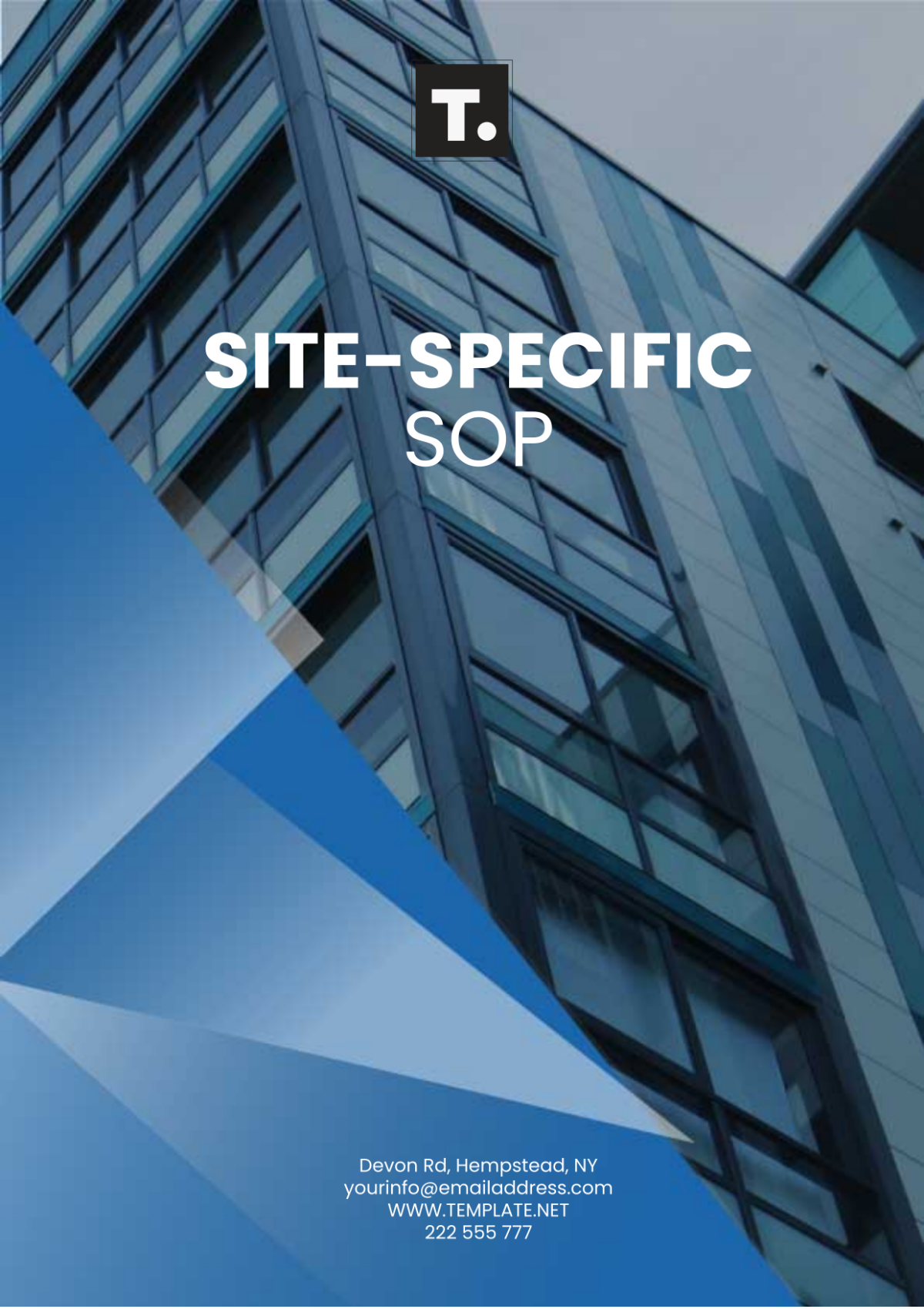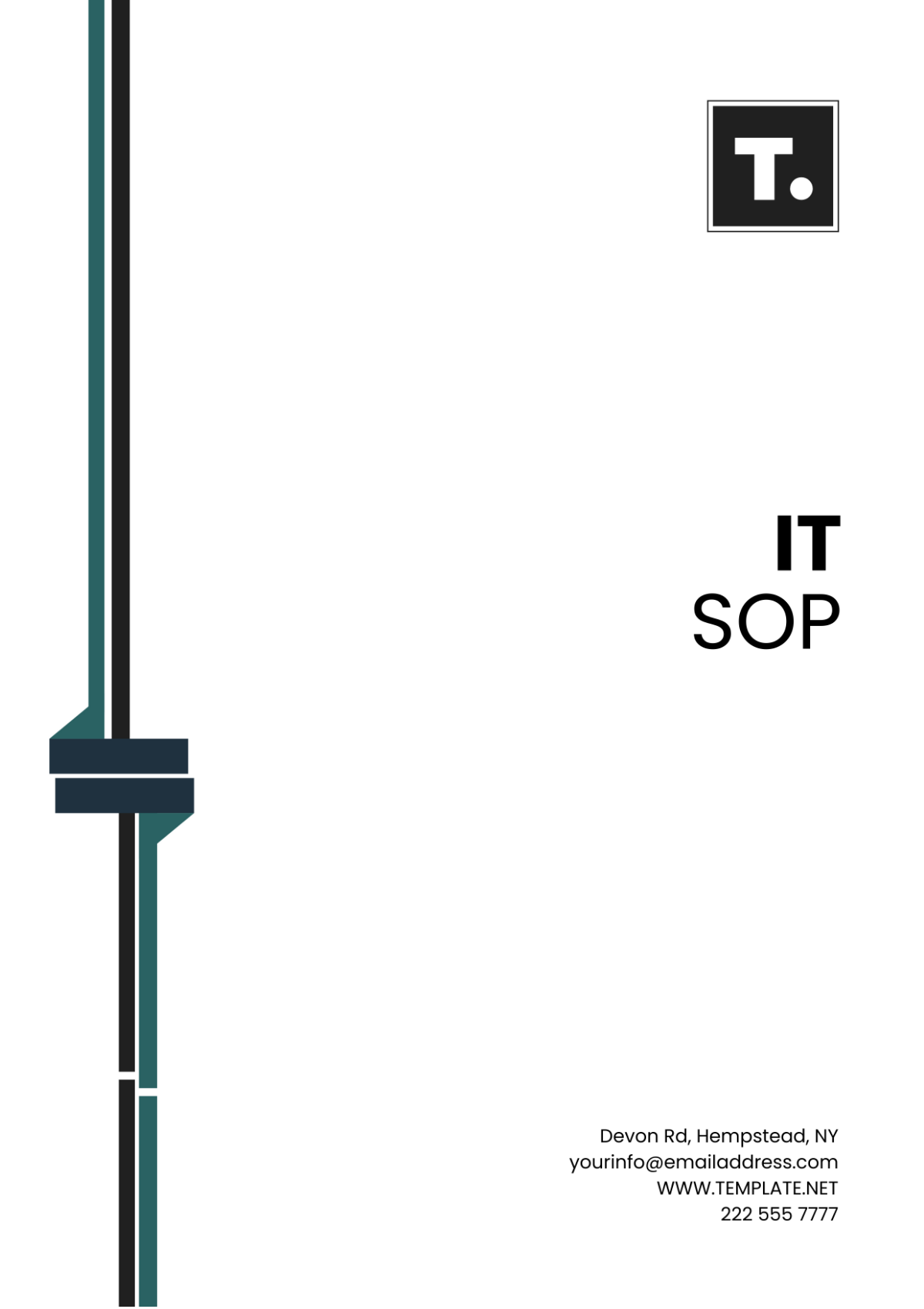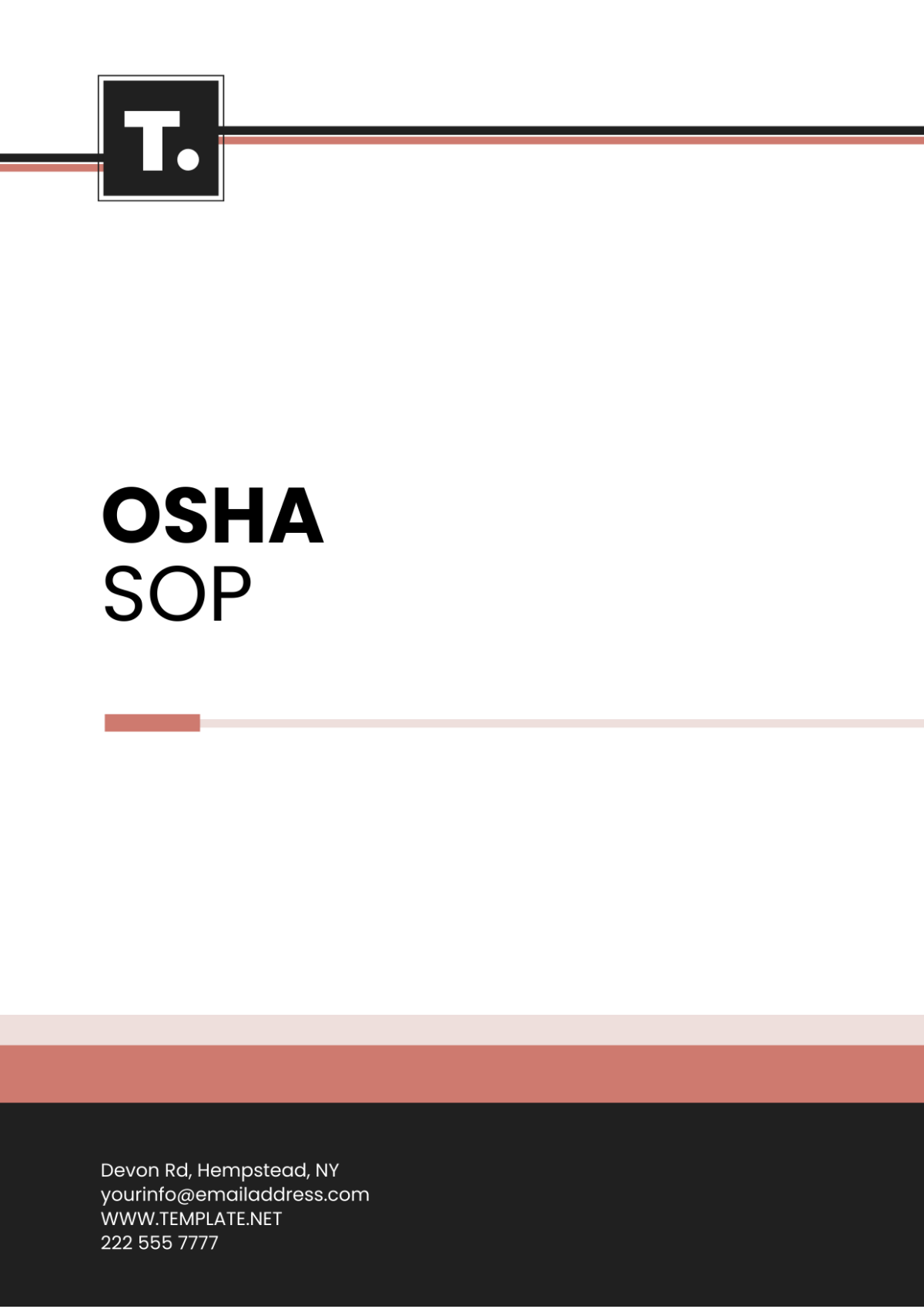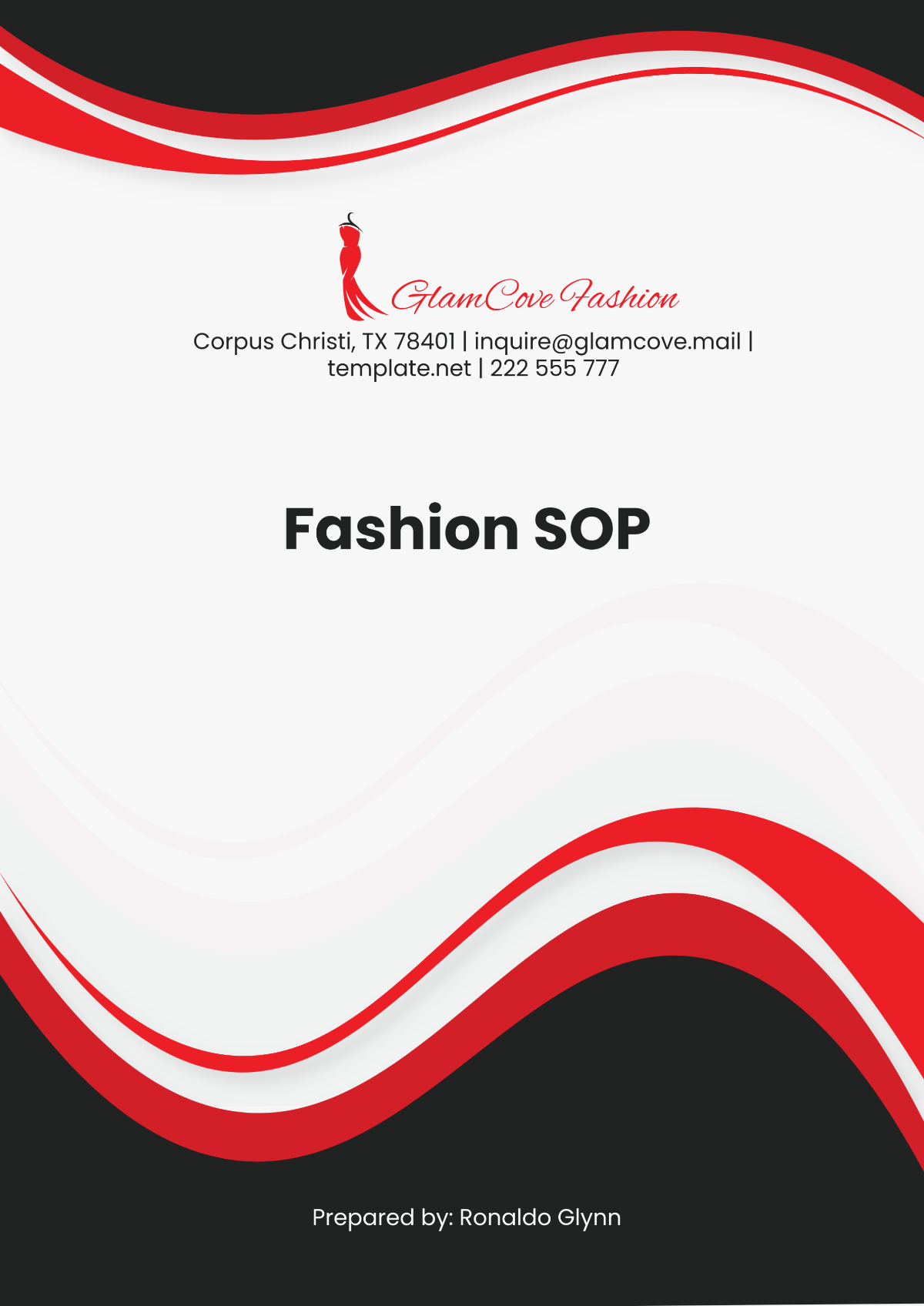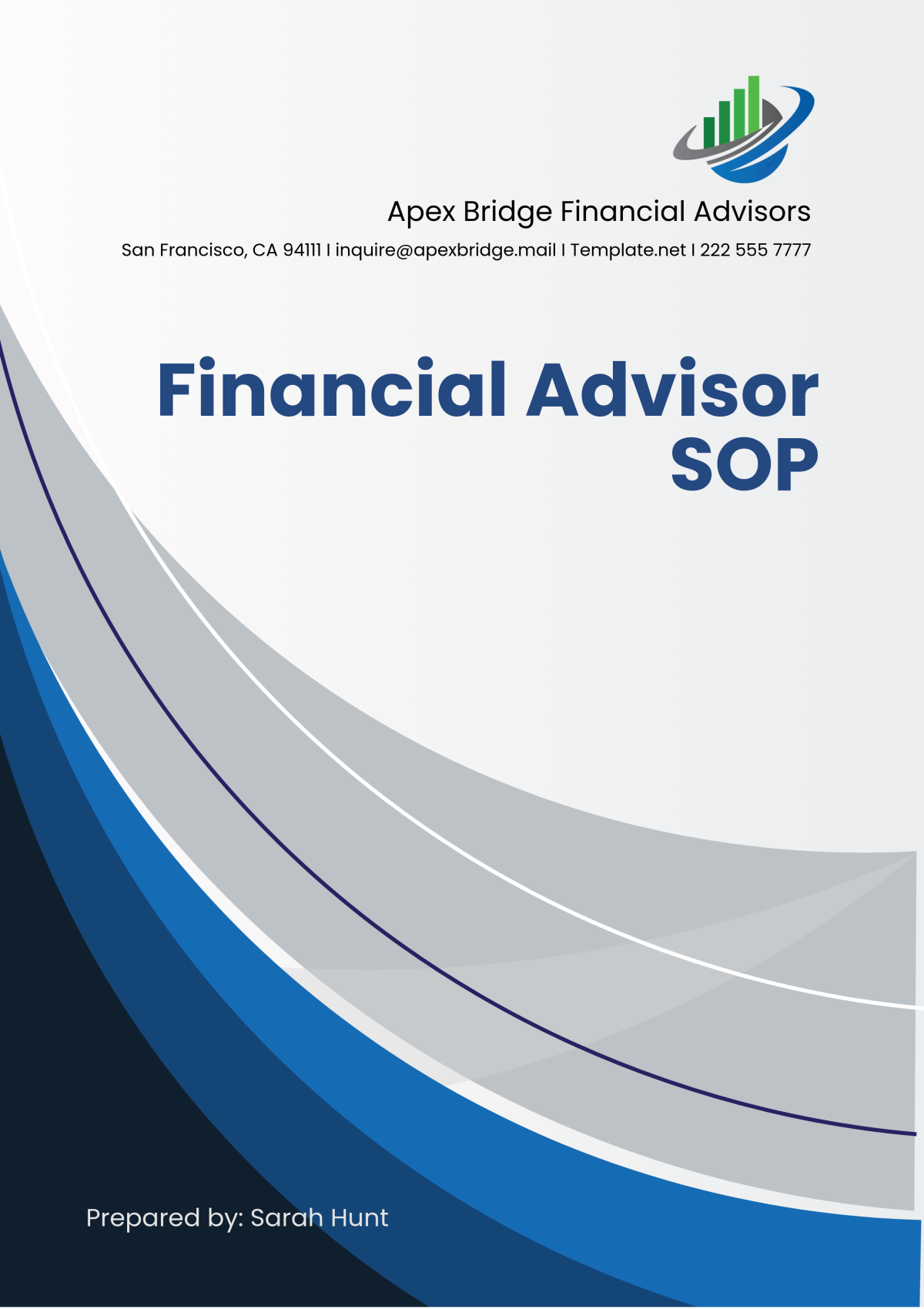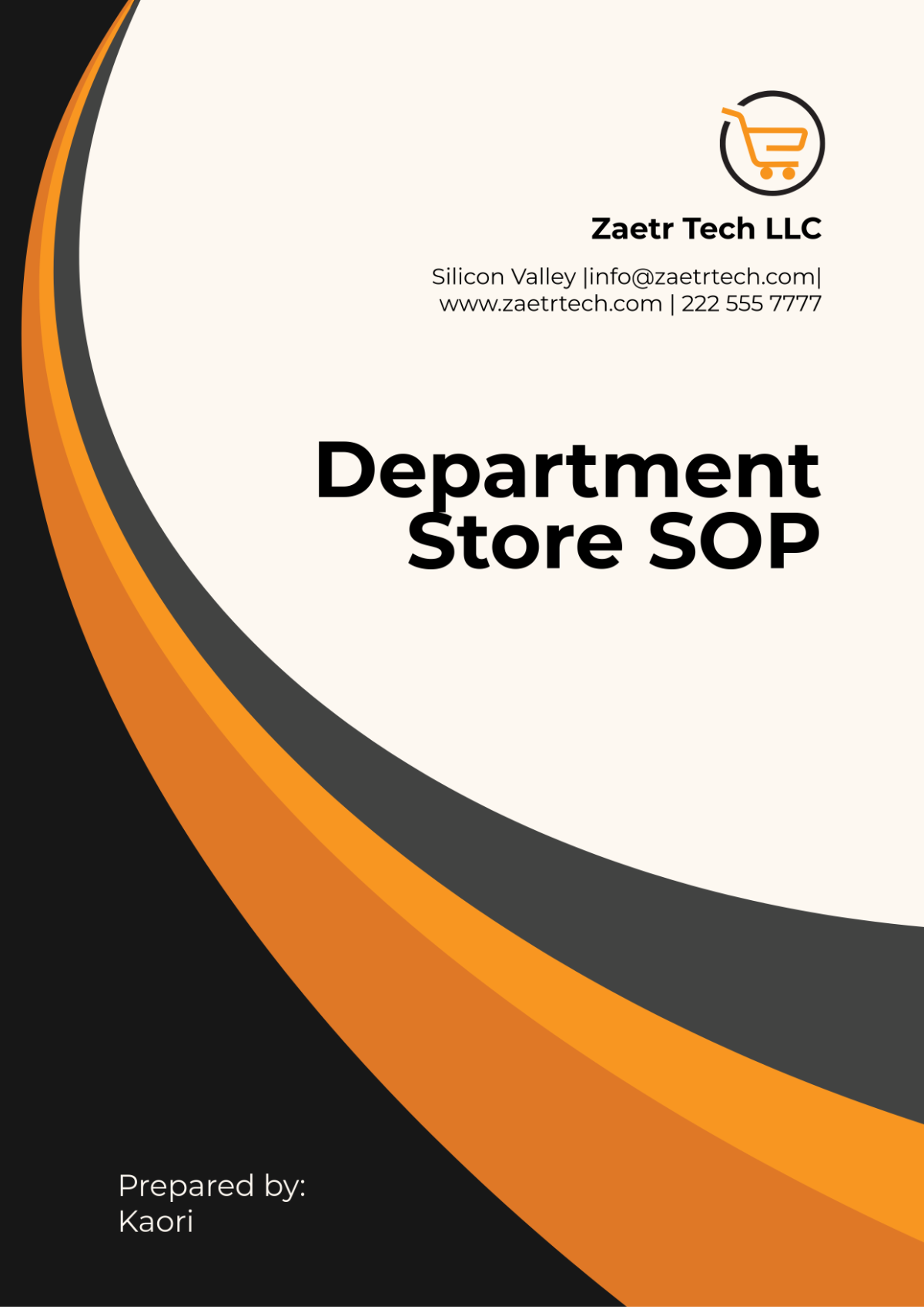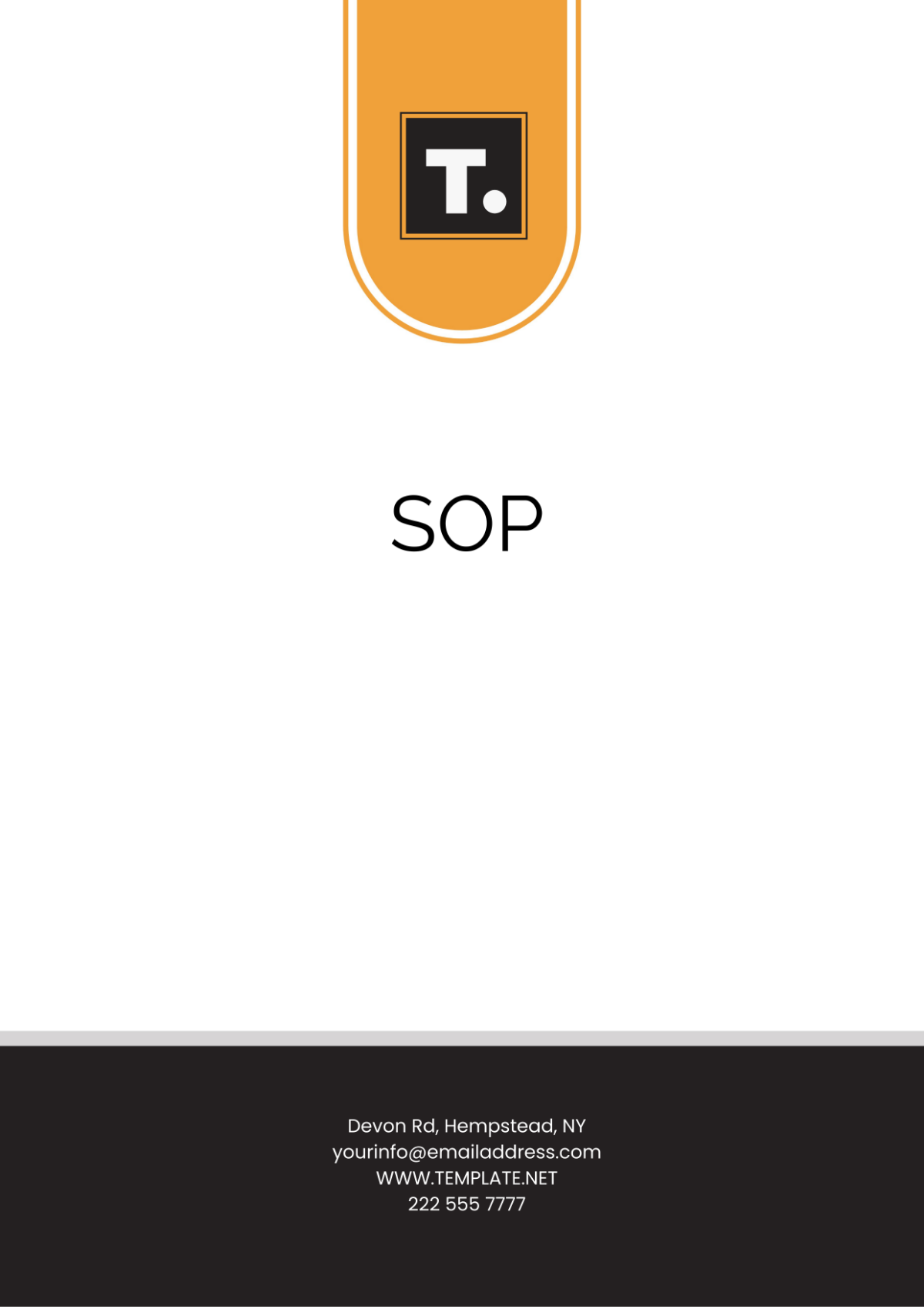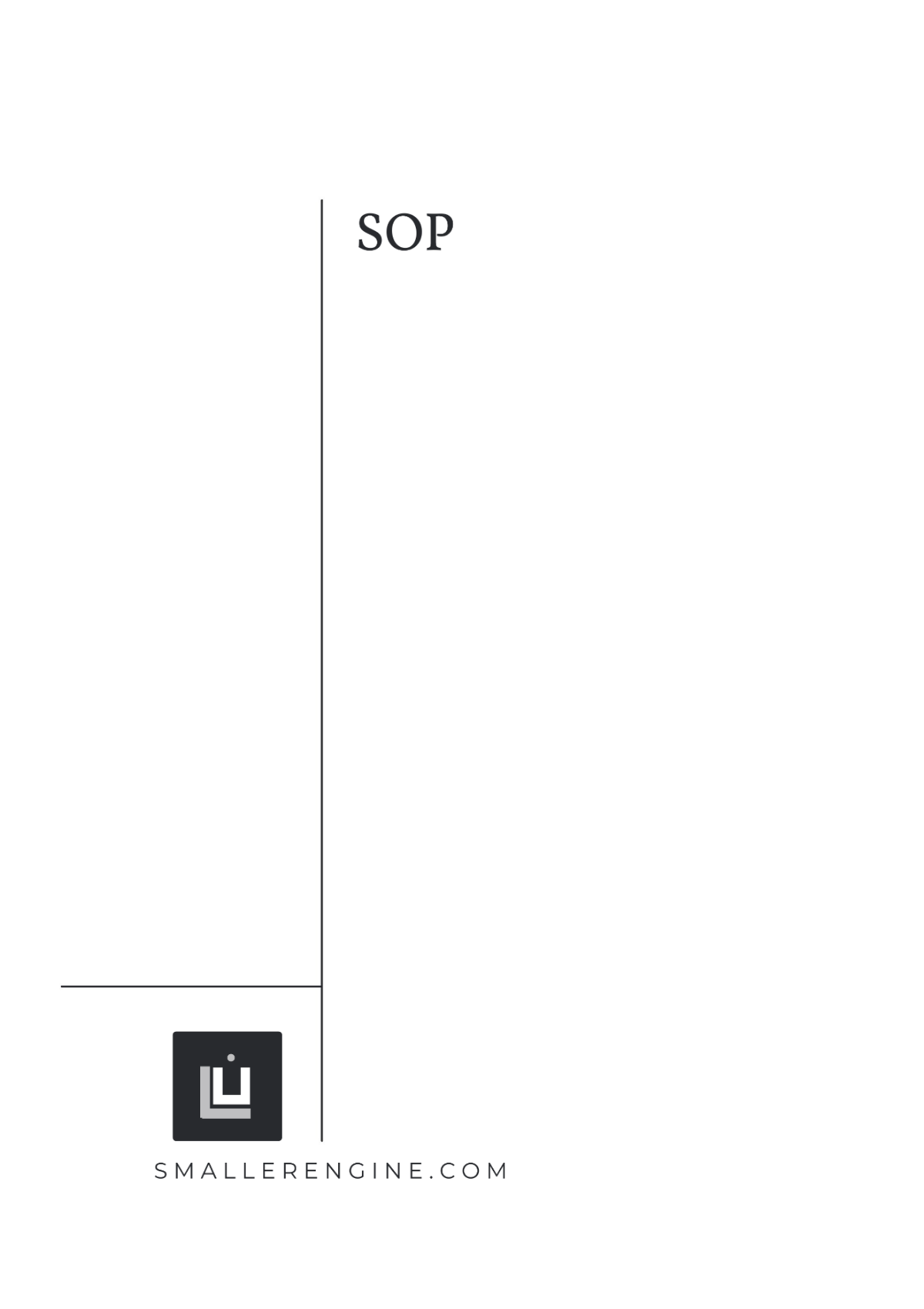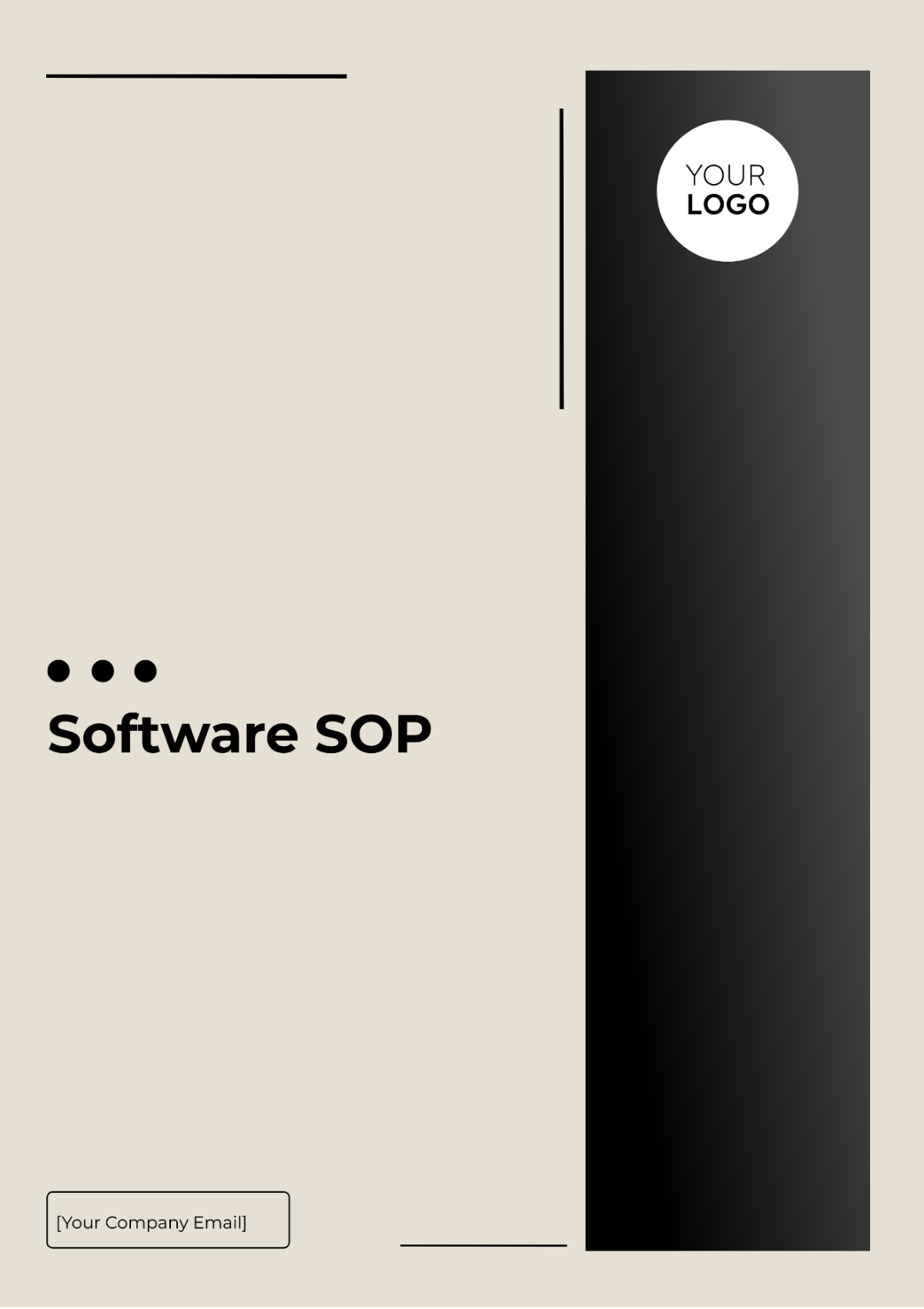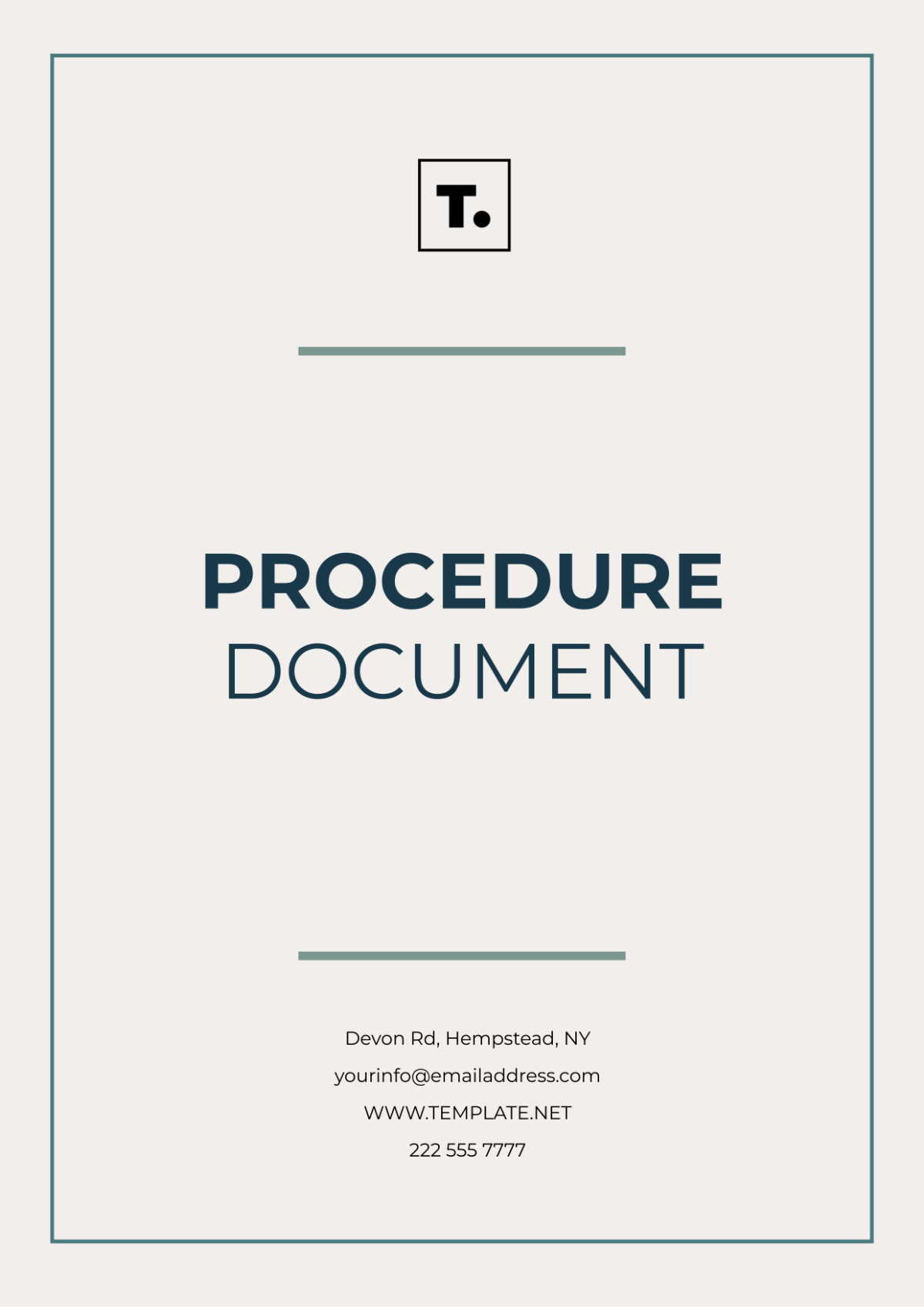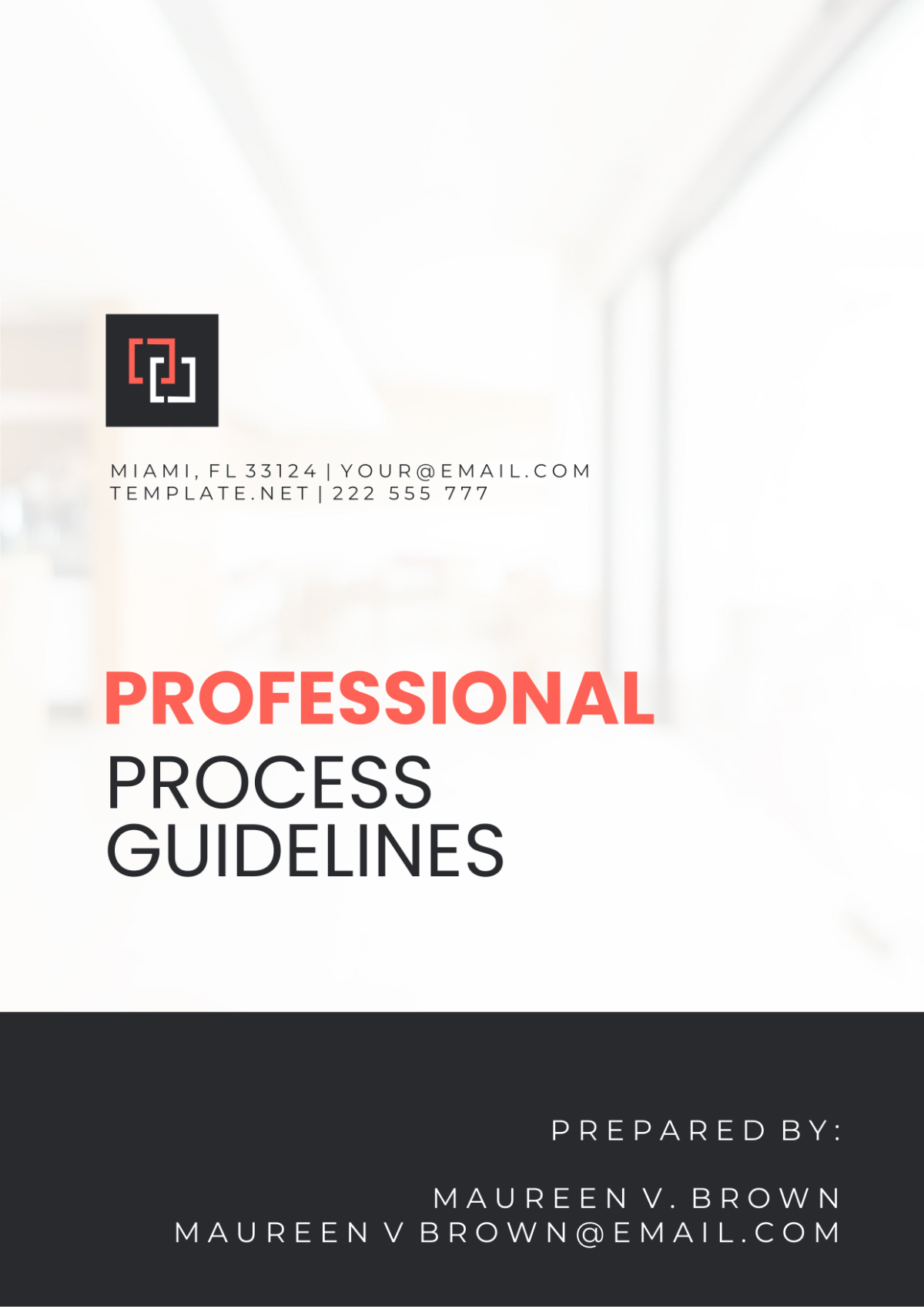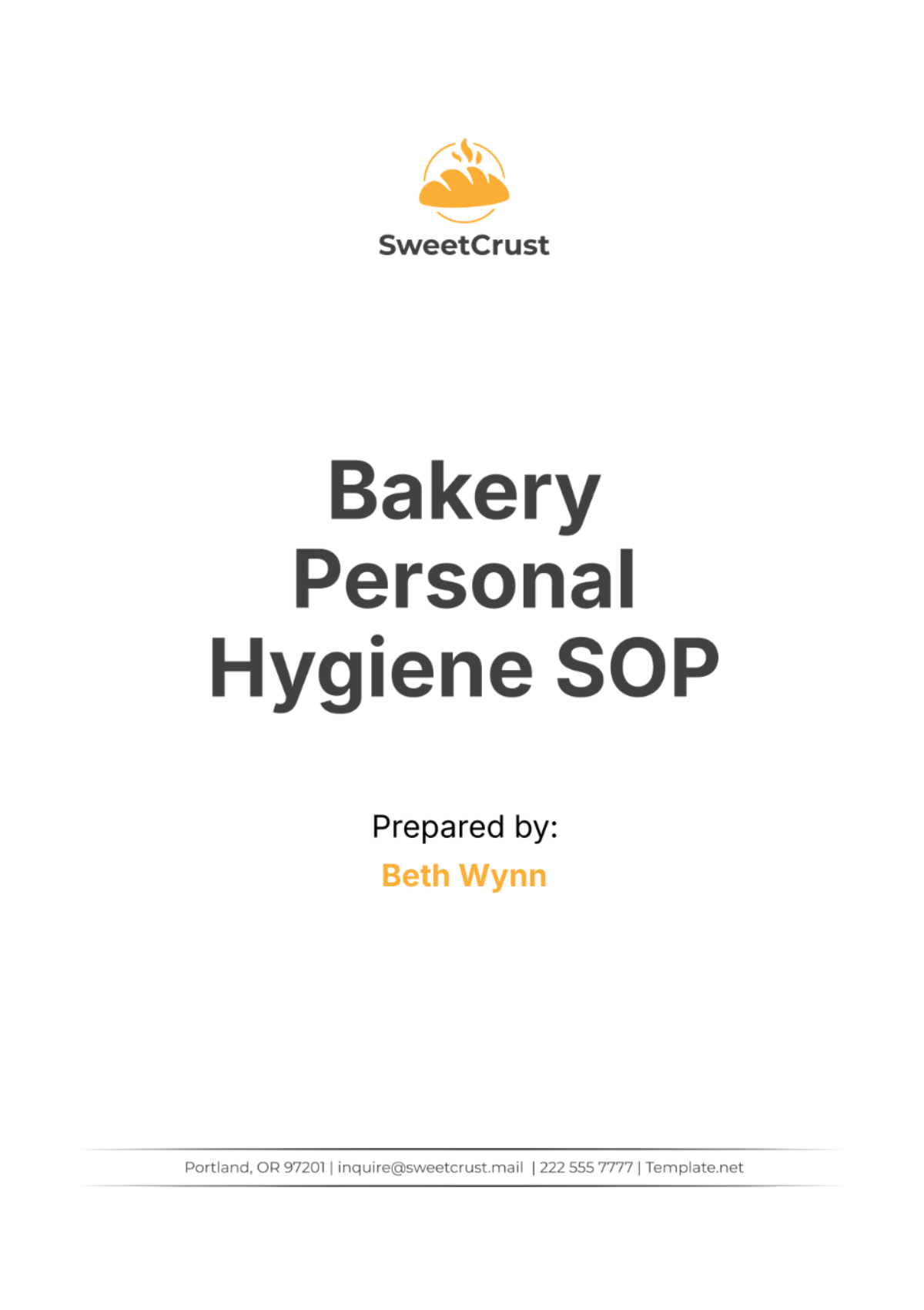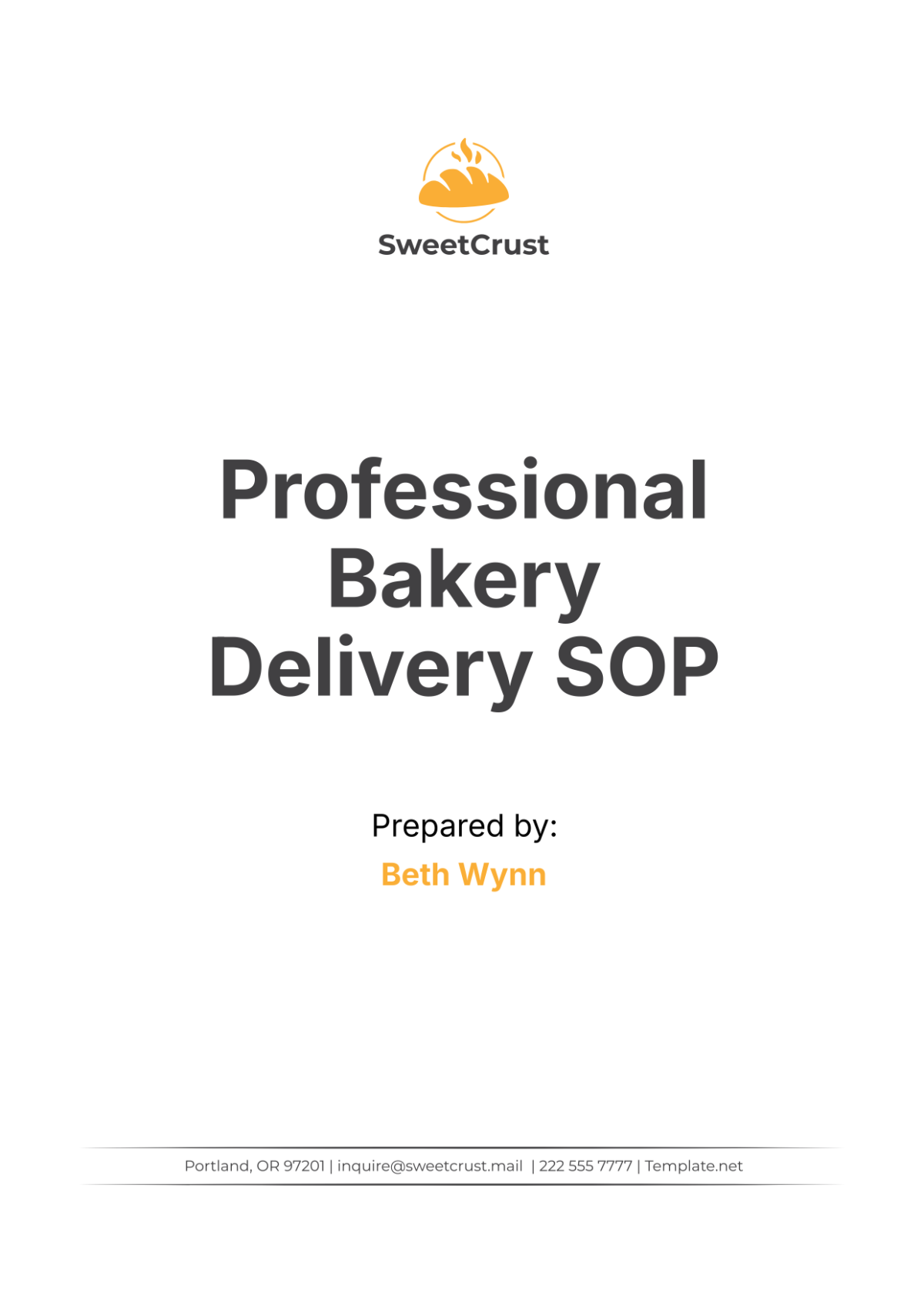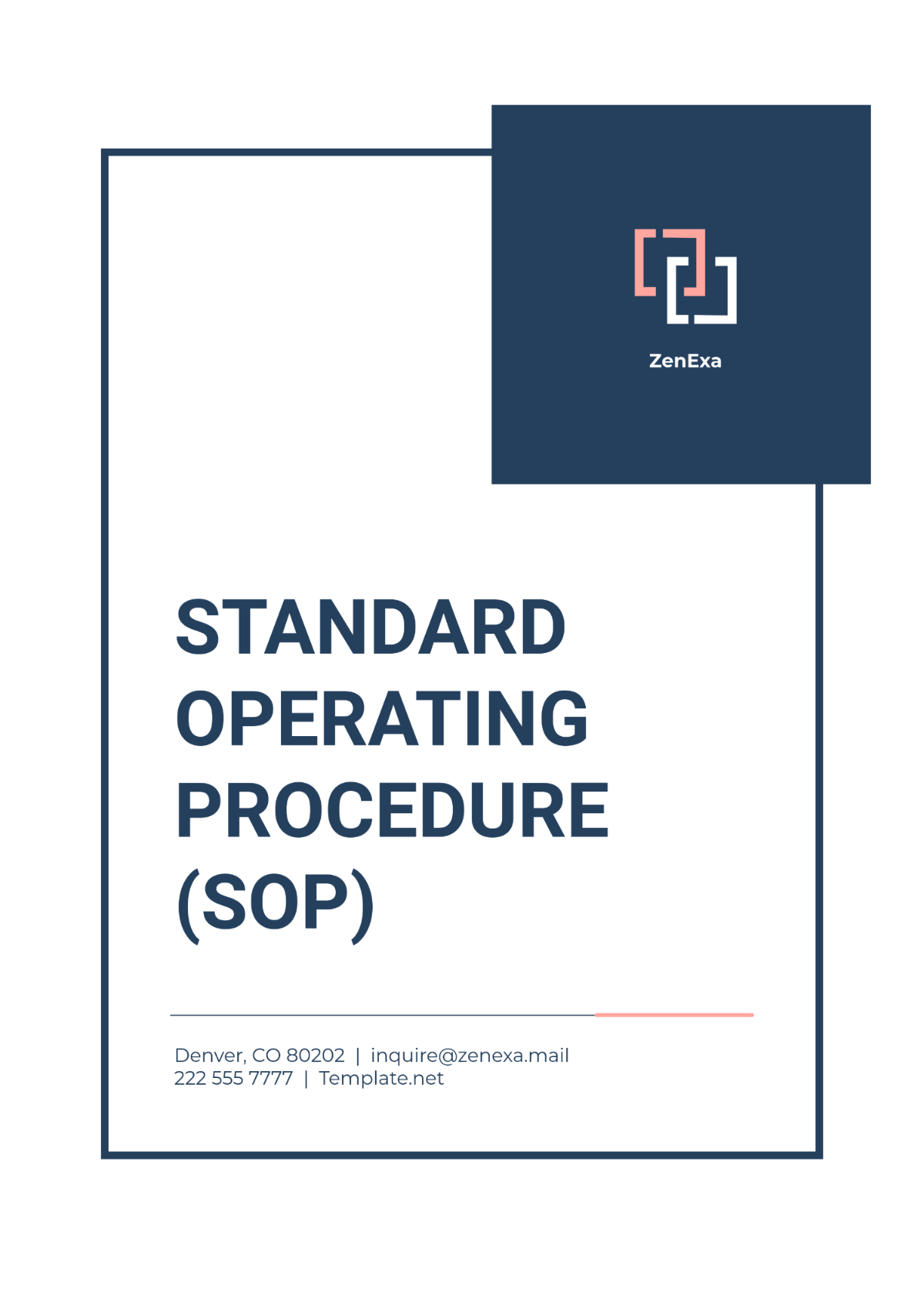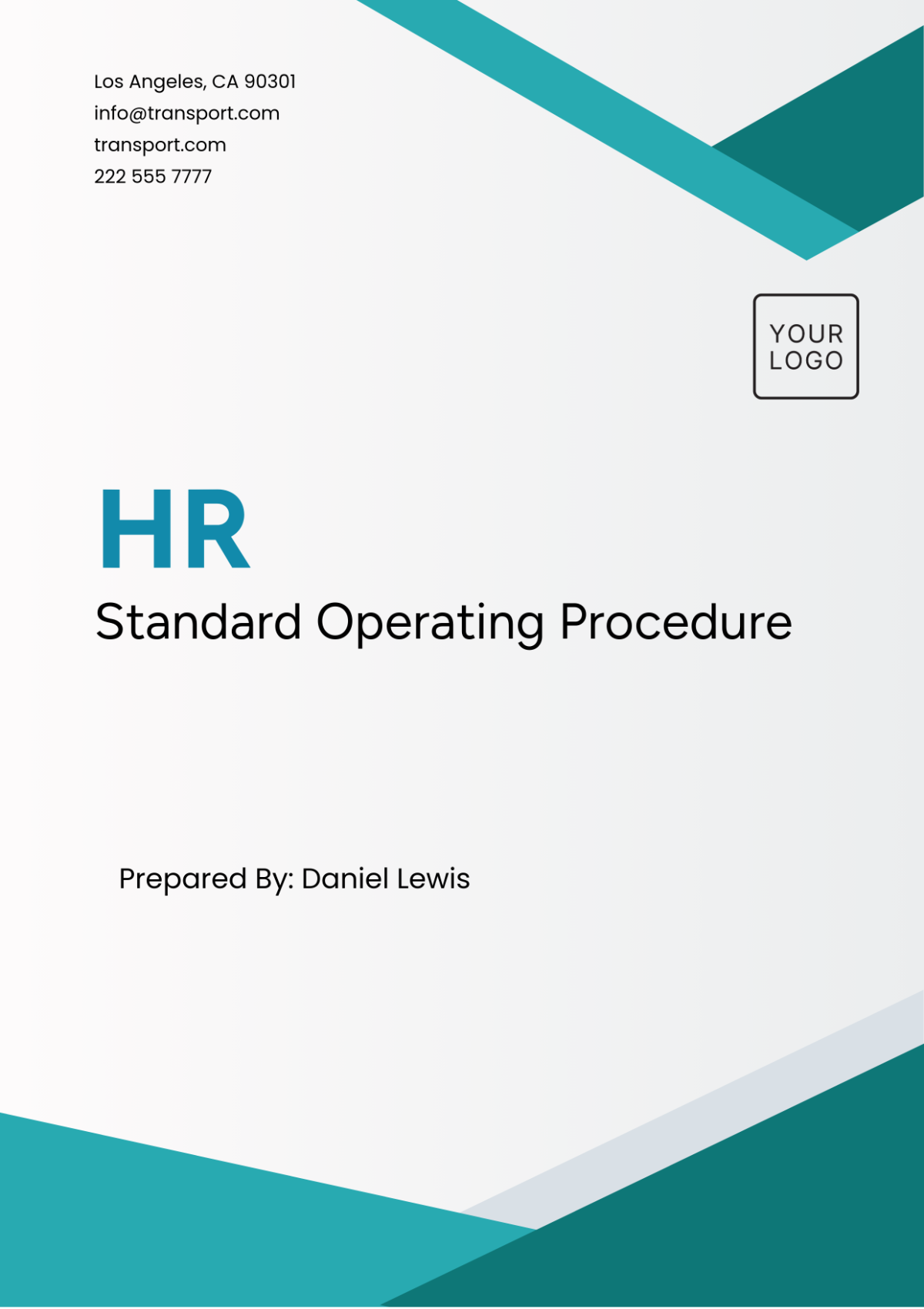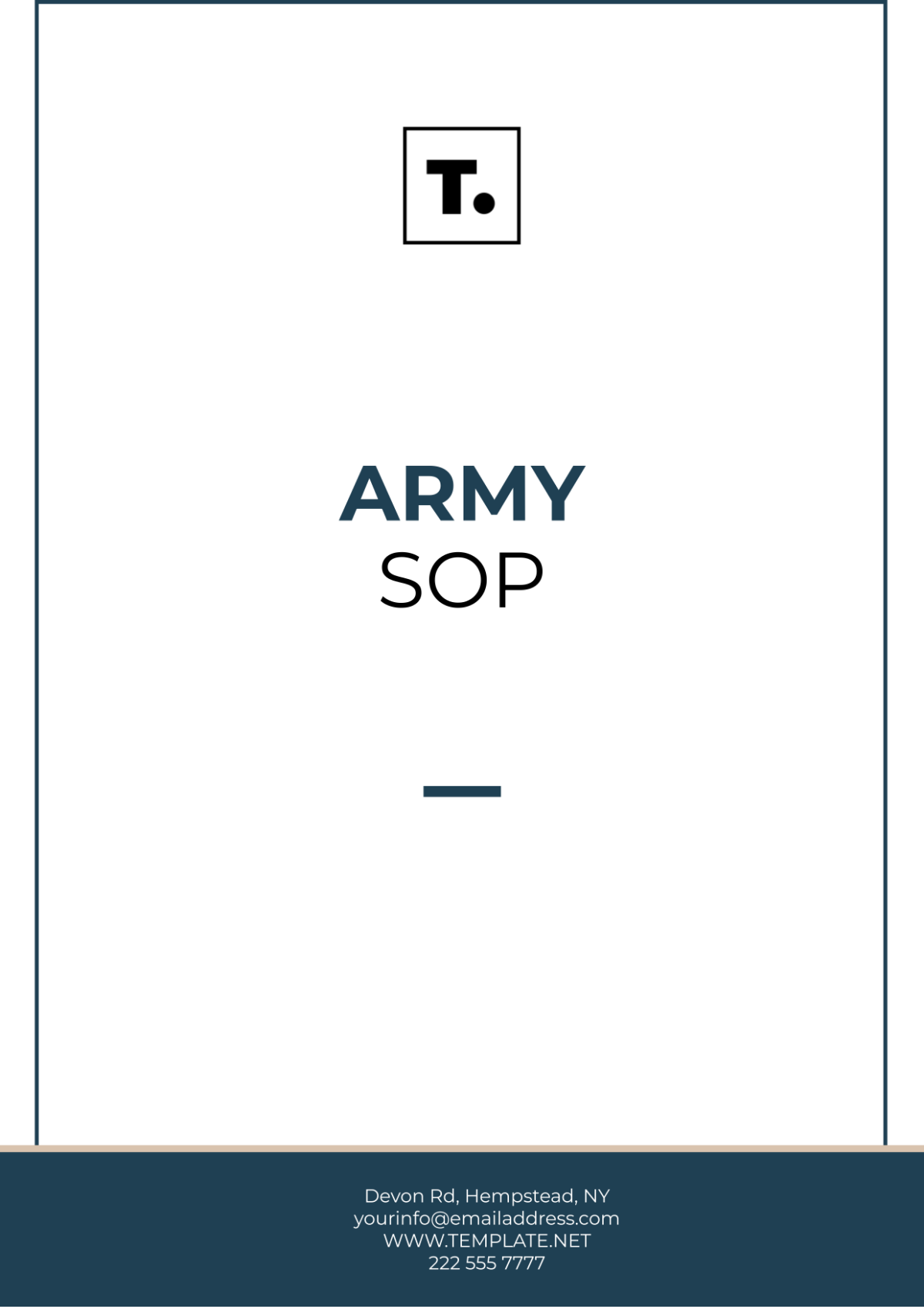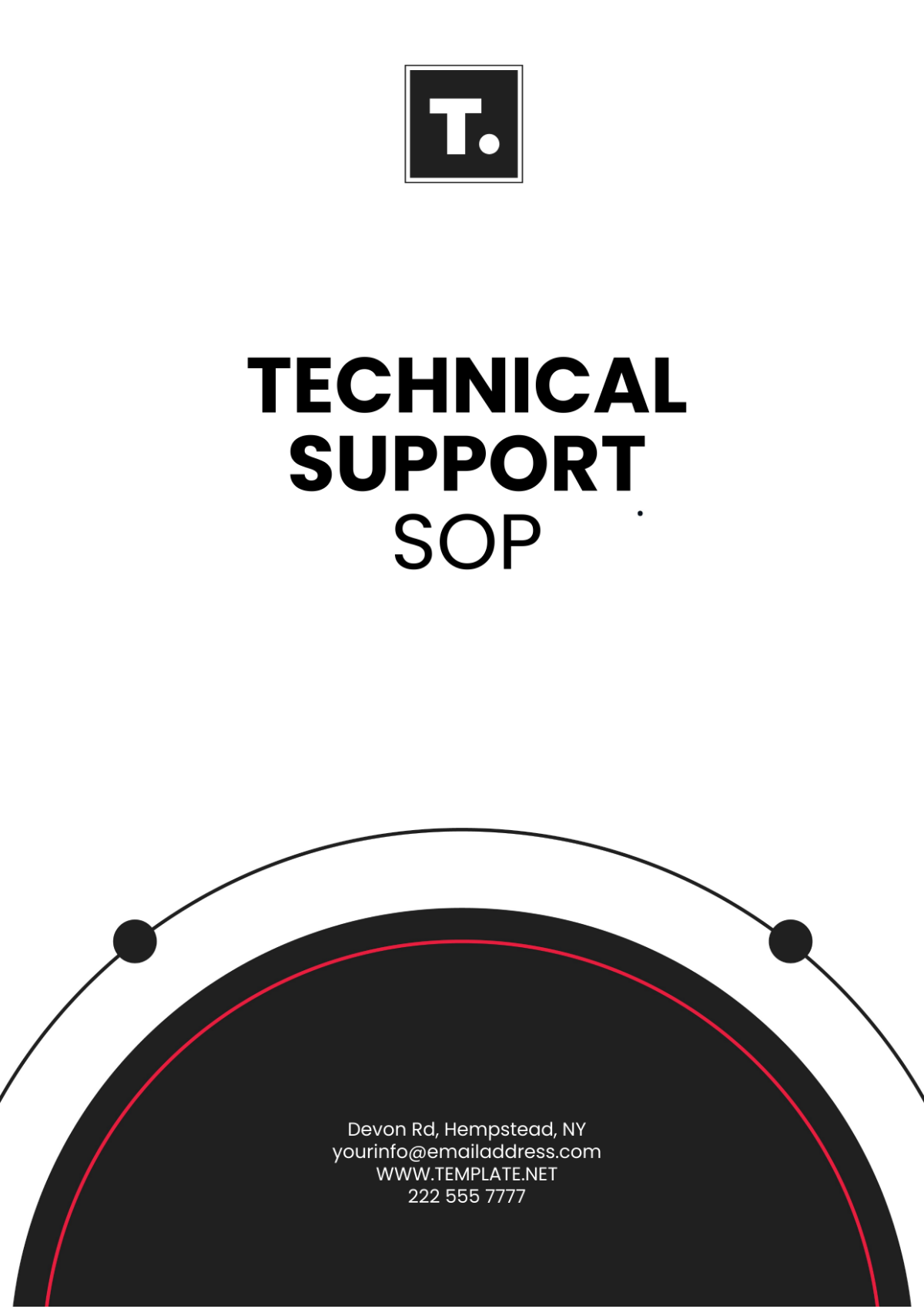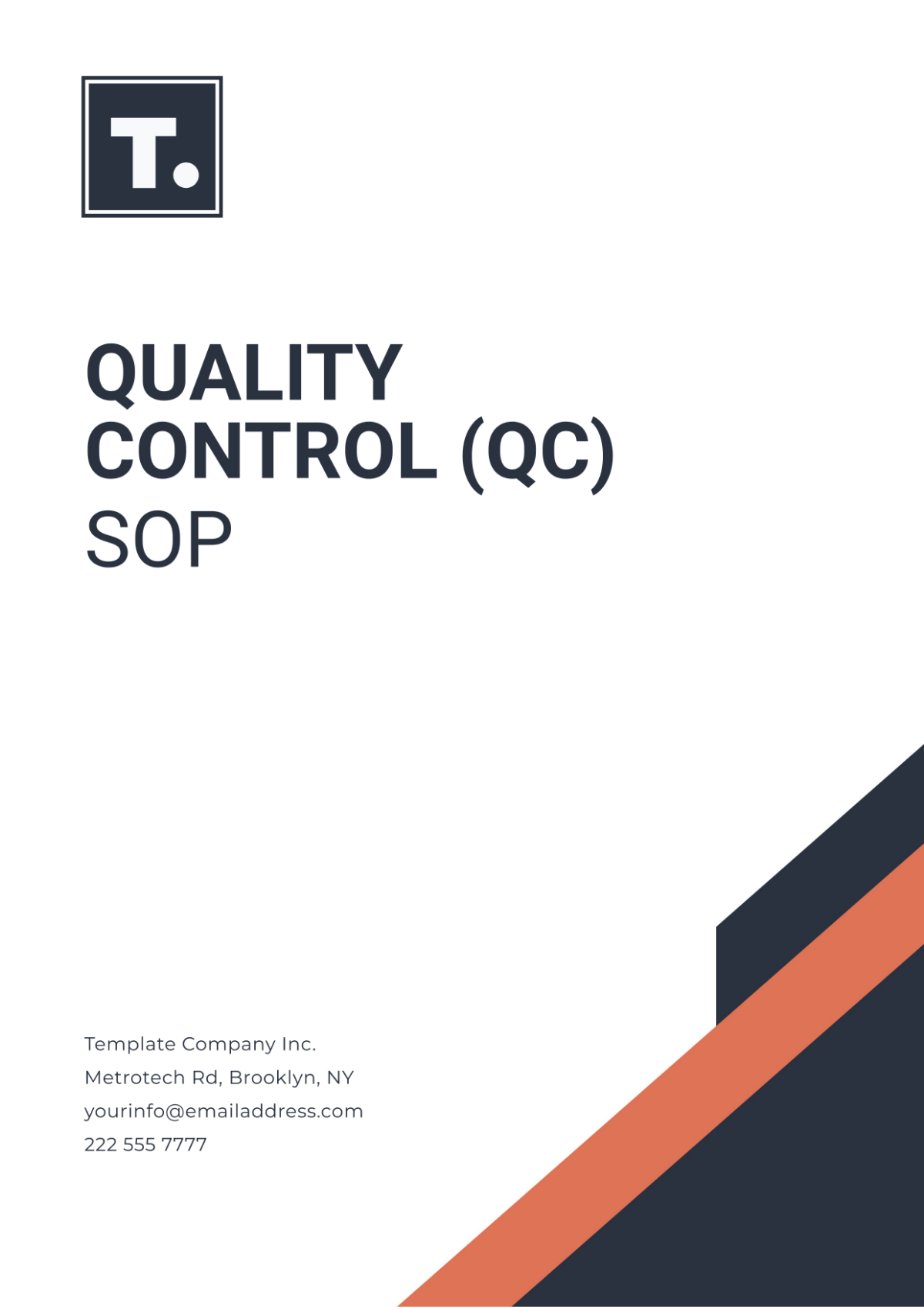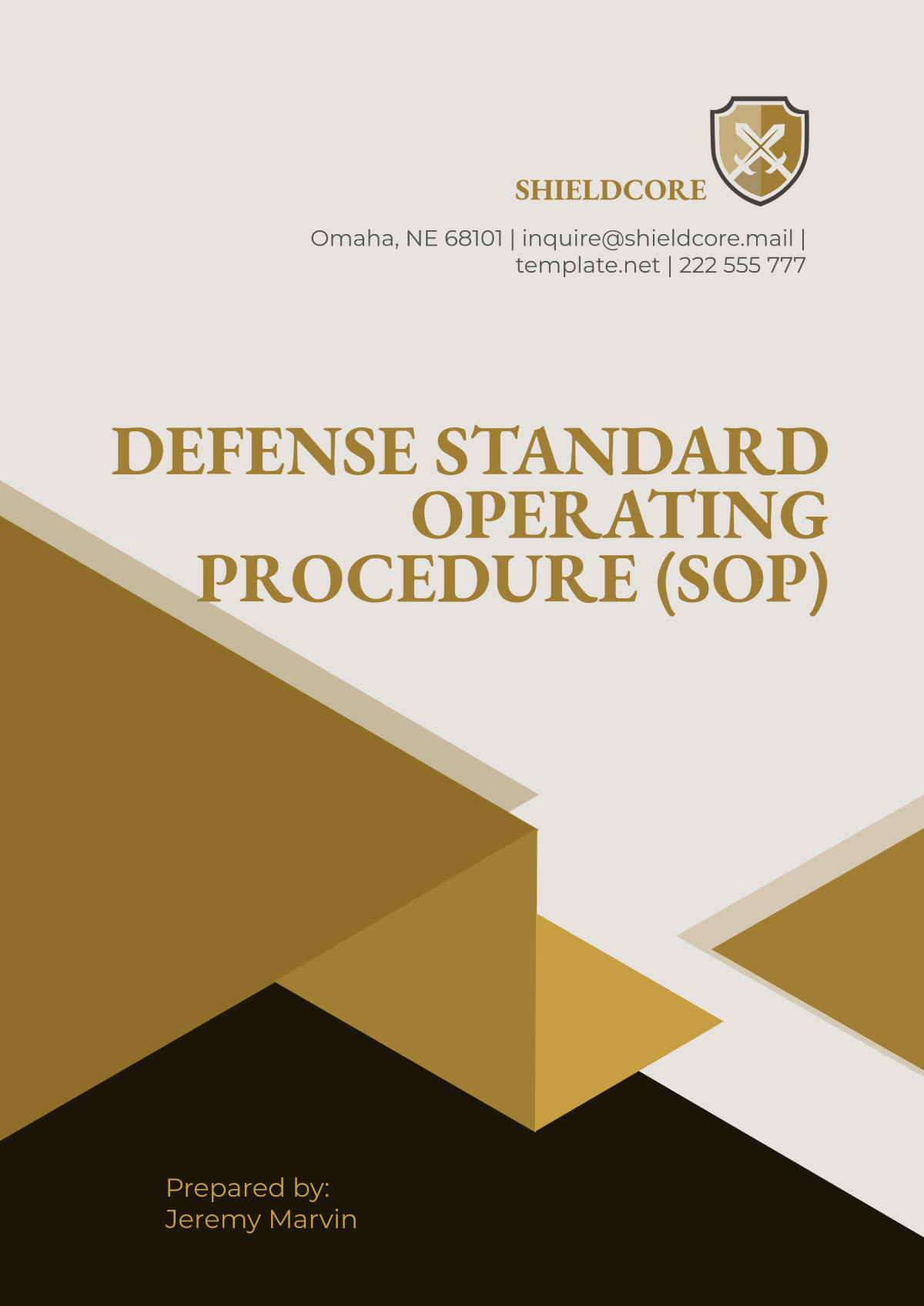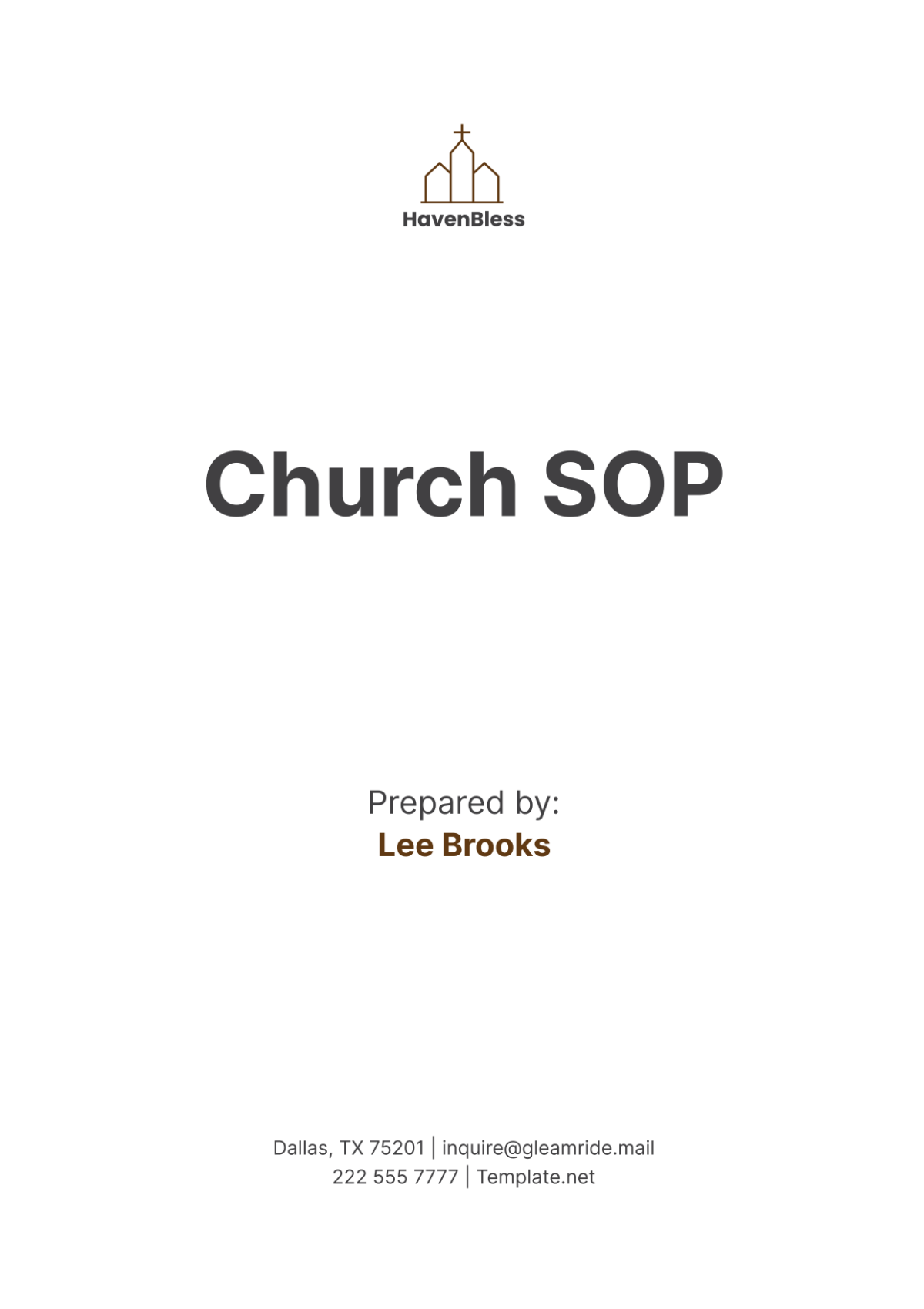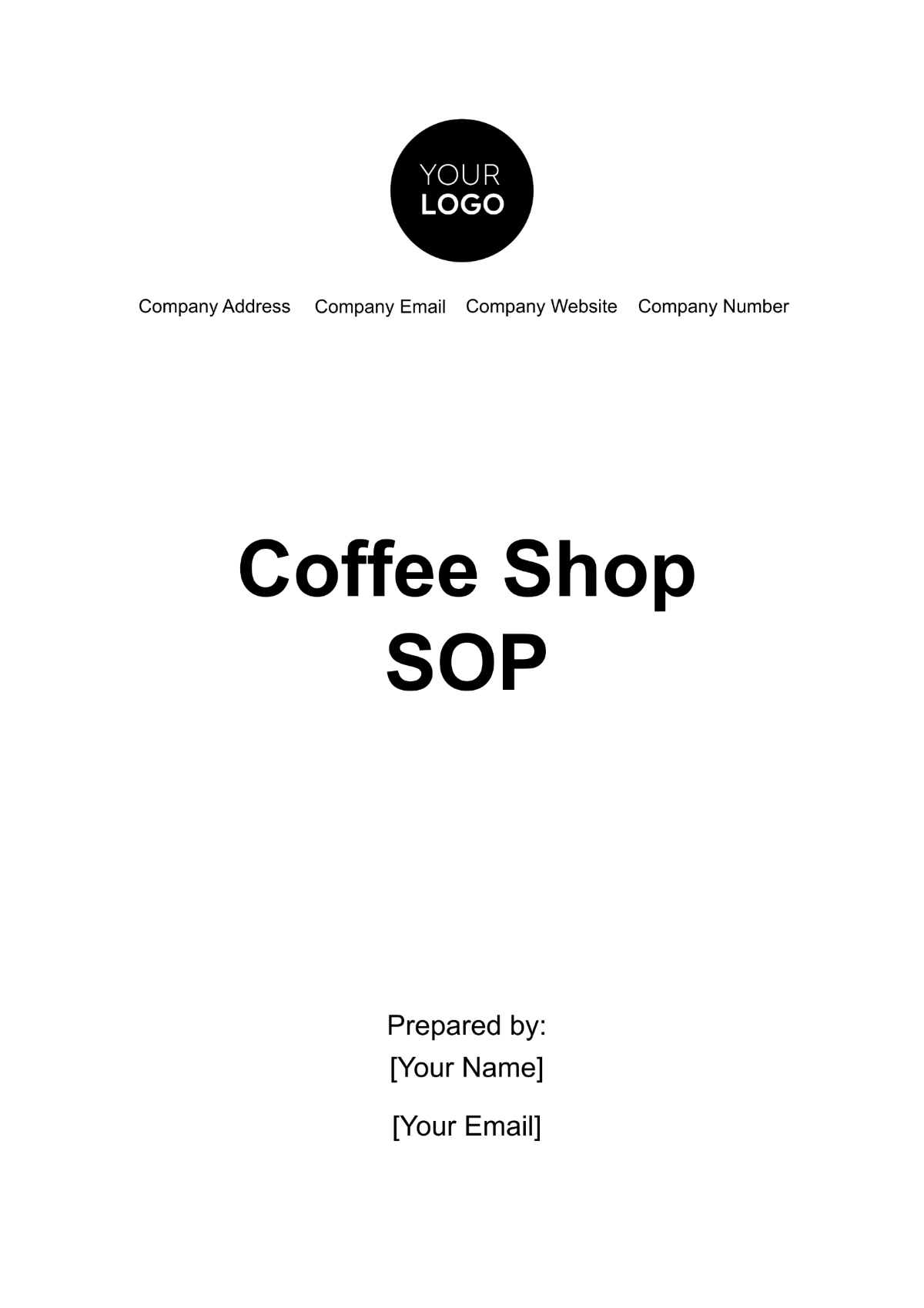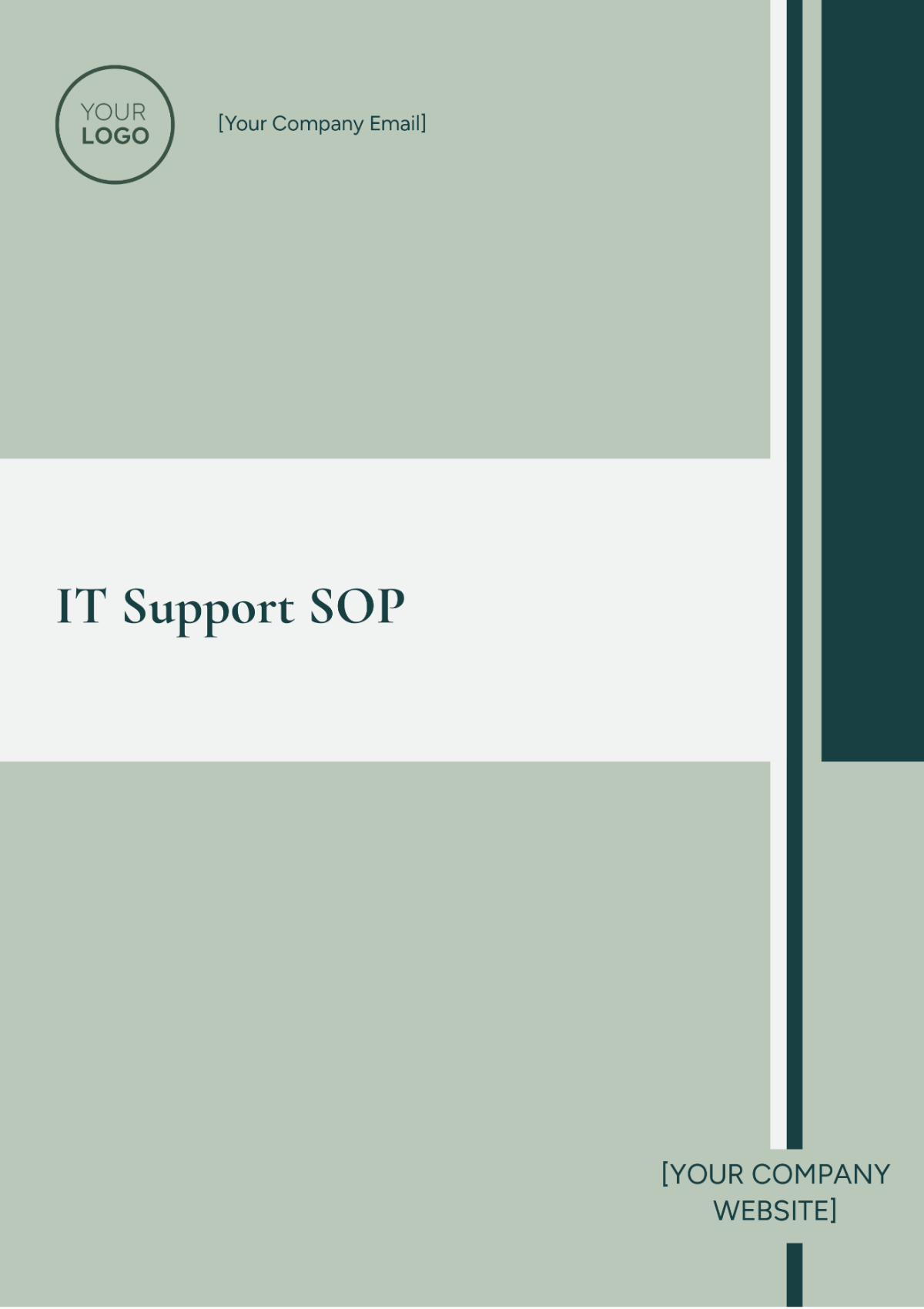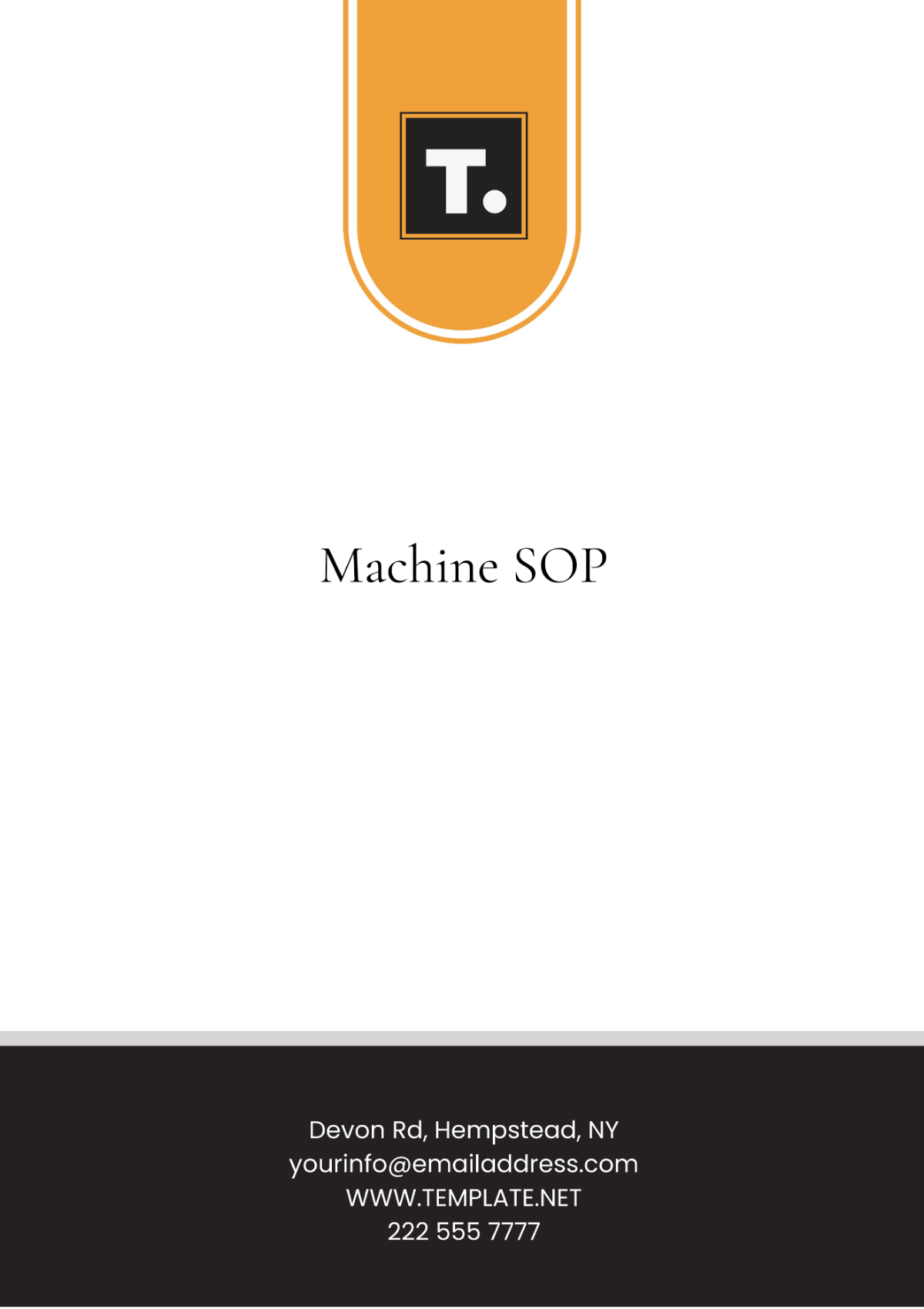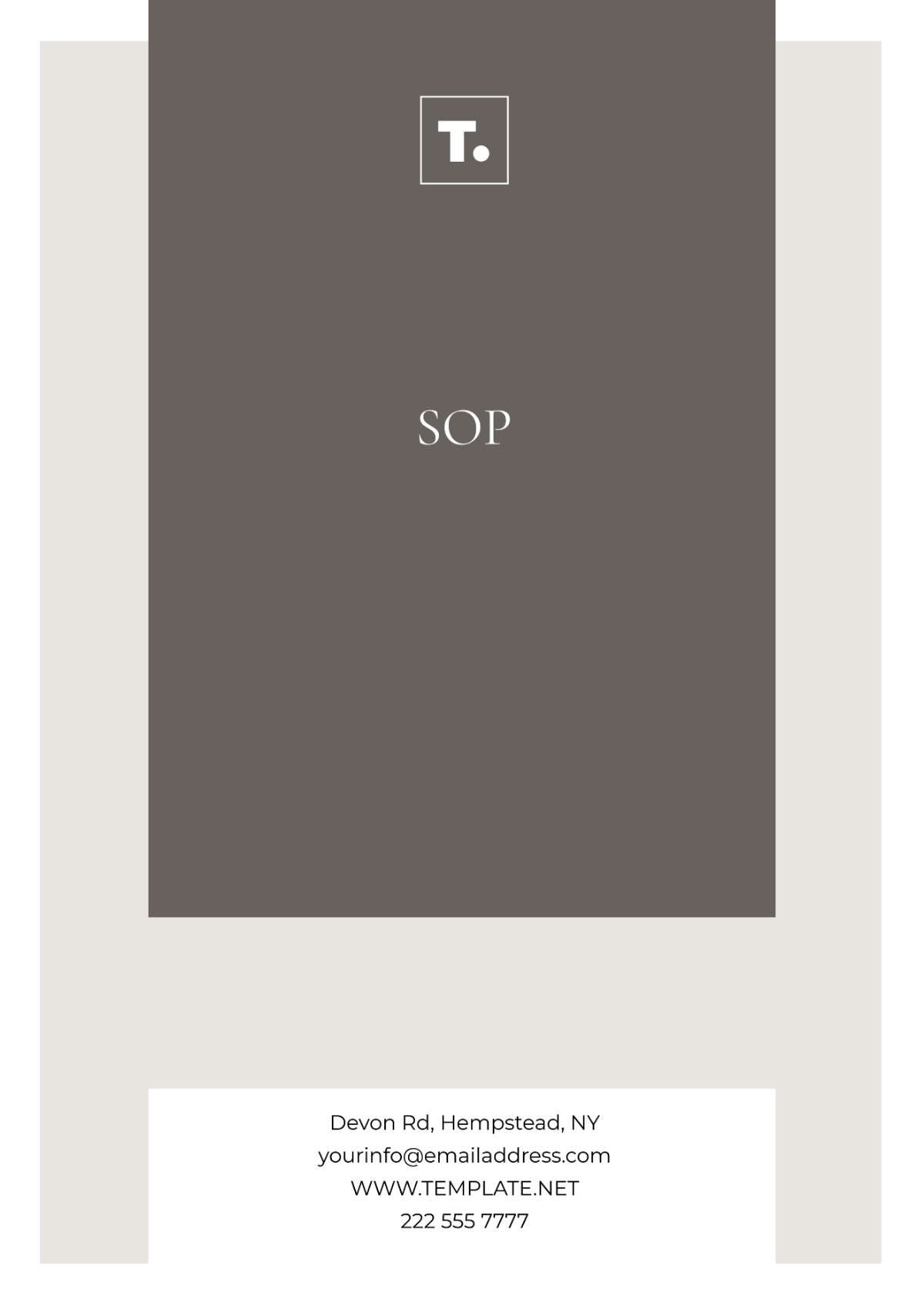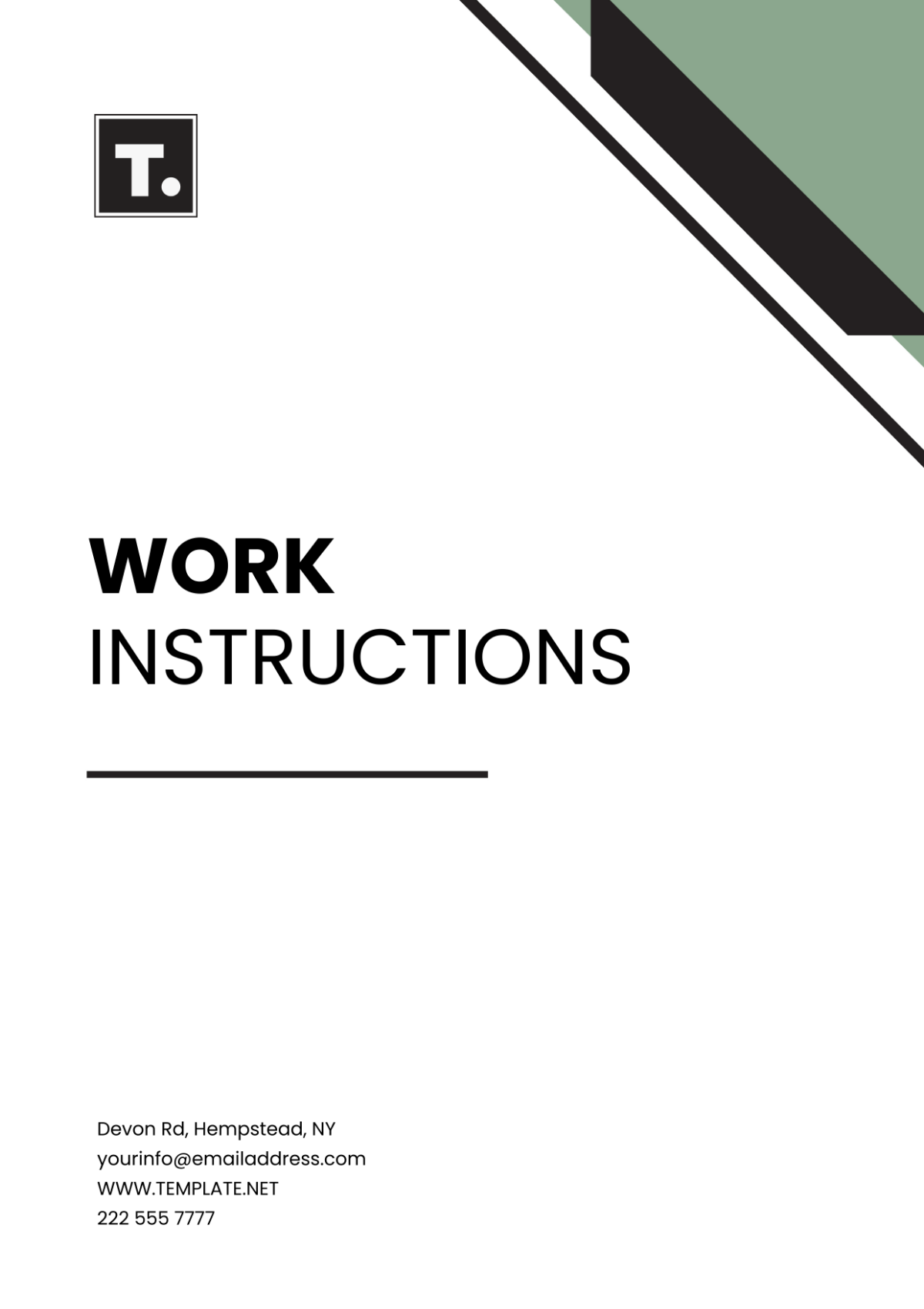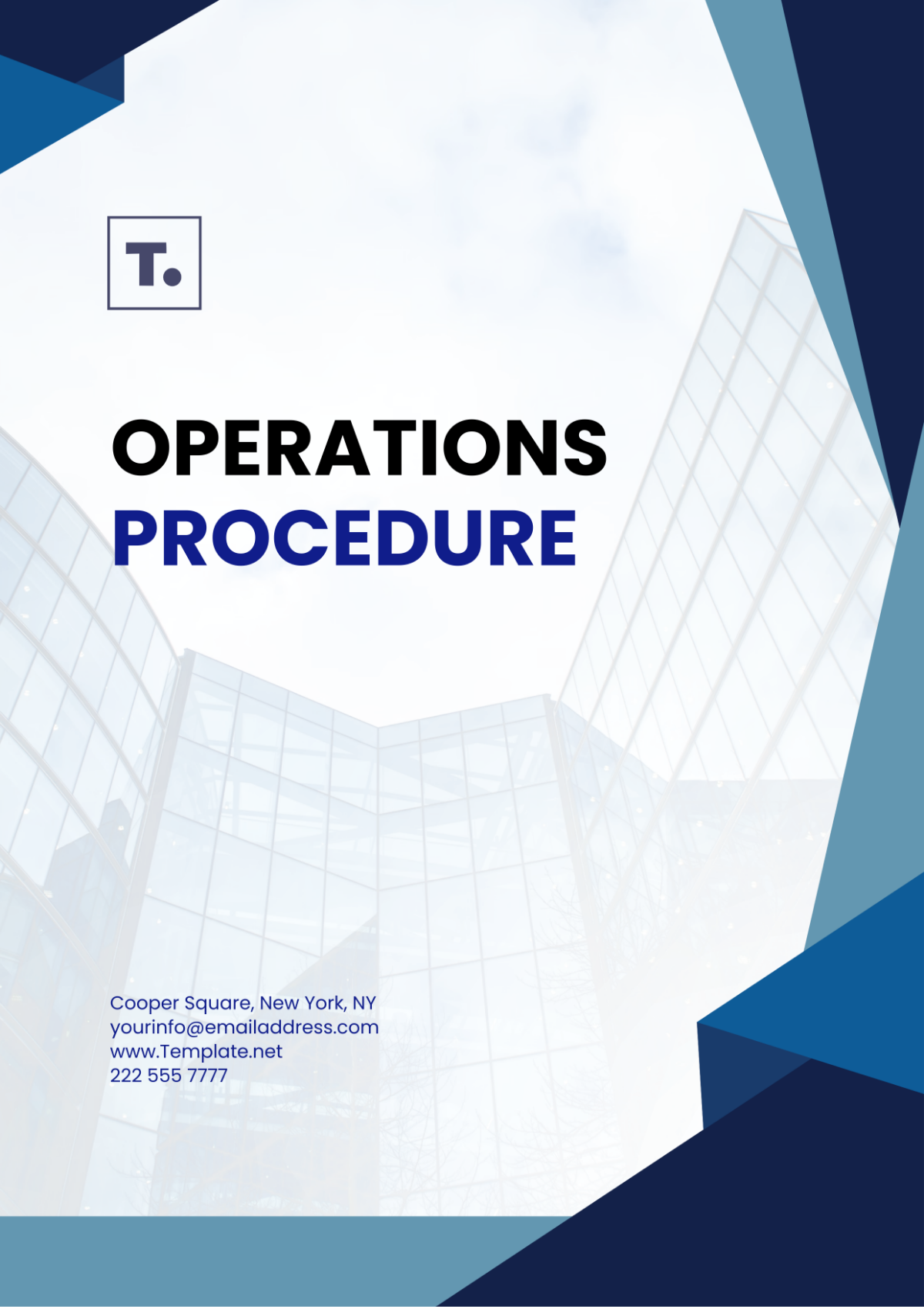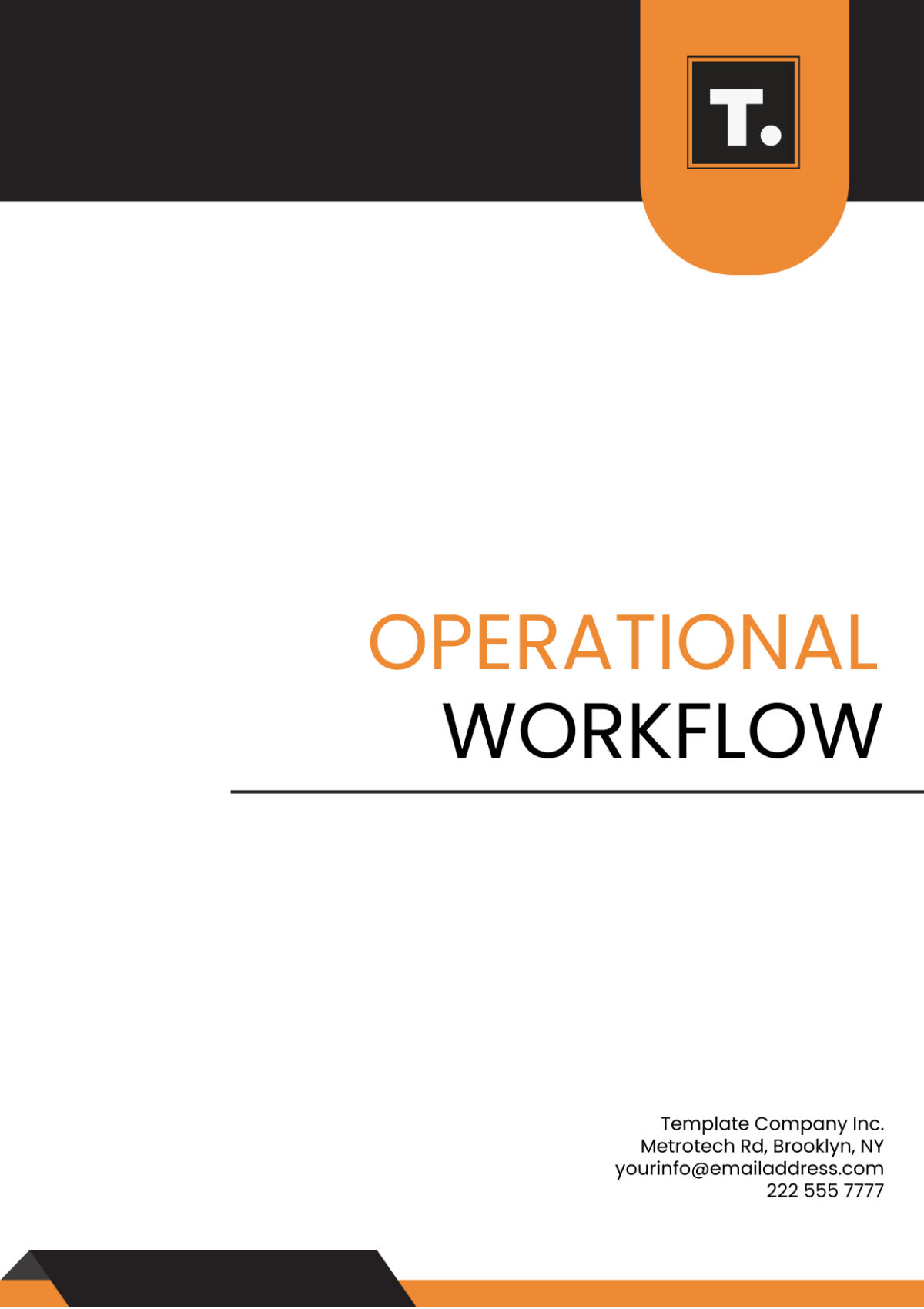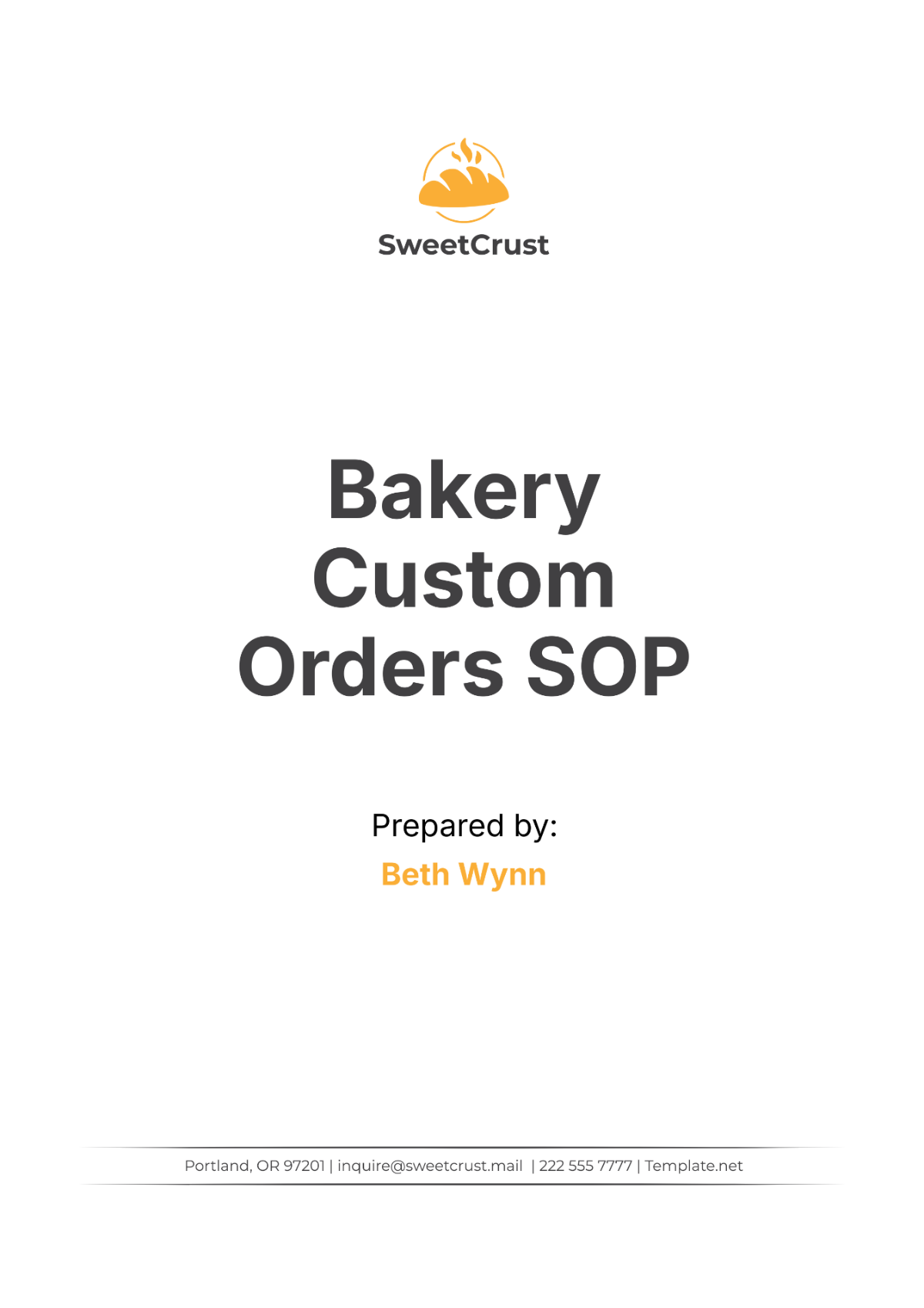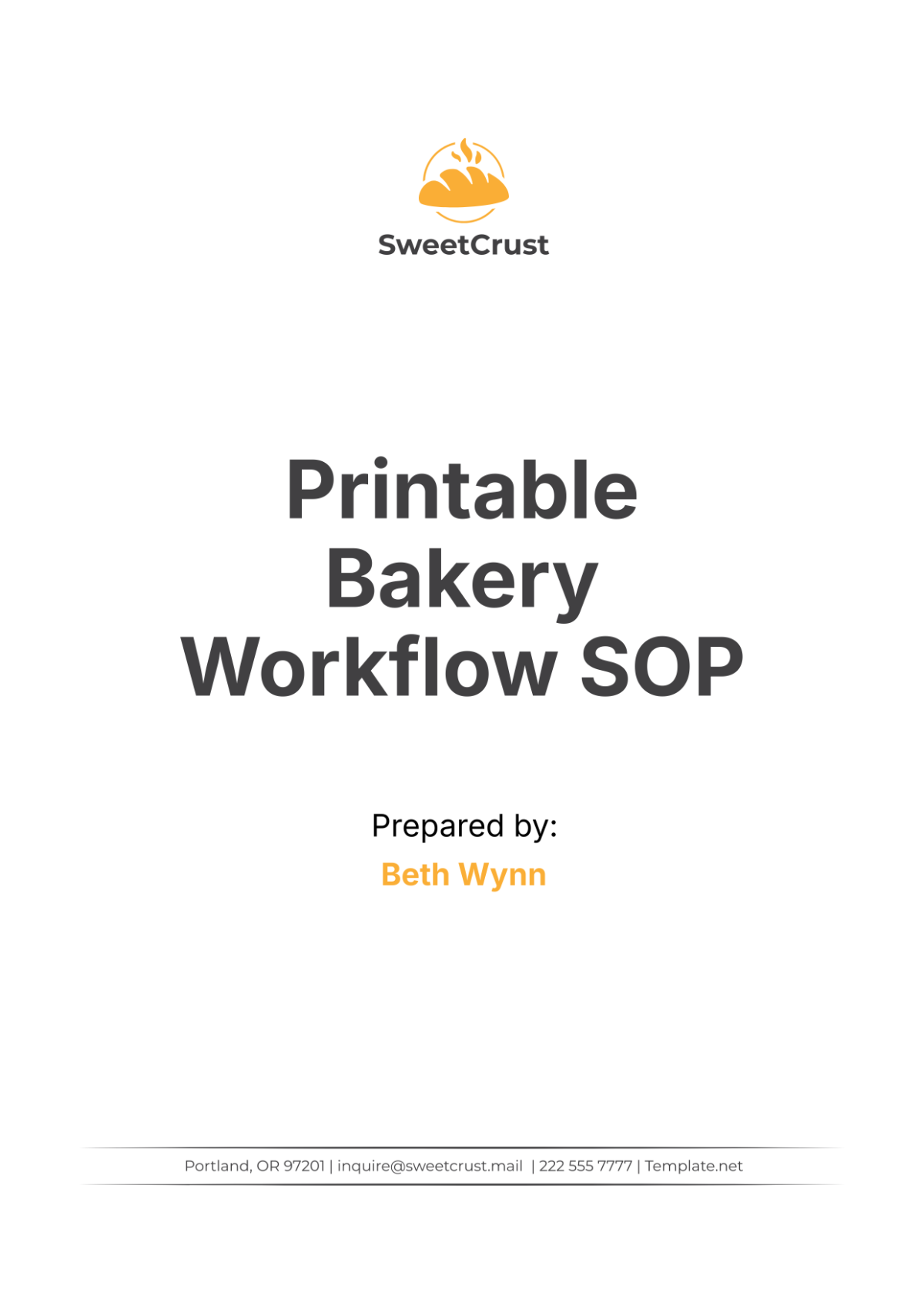Spa Finance SOP
I. Introduction
Our Spa Finance Standard Operating Procedure (SOP) provides guidelines and procedures for managing financial operations. This SOP ensures consistency, accuracy, and compliance with financial regulations.
II. Roles and Responsibilities
A. Finance Manager
The Finance Manager is responsible for overseeing all financial activities, including budgeting, forecasting, and financial reporting. They ensure compliance with financial regulations and provide financial guidance to the management team.
B. Accounting Staff
The Accounting Staff are responsible for recording financial transactions, preparing financial statements, and managing accounts payable and receivable. They ensure that financial records are accurate and up-to-date.
C. Spa Manager
The Spa Manager is responsible for budget implementation, monitoring financial performance, and communicating financial goals to the team. They collaborate with the Finance Manager to ensure financial goals are met.
D. Front Desk Staff
The Front Desk Staff are responsible for processing payments, handling cash, and assisting with client billing inquiries. They play a crucial role in ensuring accurate financial transactions.
III. Financial Planning
A. Budgeting Process
Our budgeting process involves the following stages:
Gathering financial data and identifying budget goals.
Creating a preliminary budget based on historical data and future projections.
Presenting the preliminary budget to management for review and feedback.
Finalizing the budget based on feedback and obtaining approval from management.
Implementing the budget and monitoring actual vs. budgeted performance.
B. Forecasting Process
Our forecasting process involves the following stages:
Gathering historical financial data and market trends.
Analyzing the data to identify patterns and trends.
Using the analysis to predict future financial performance.
Validating the forecasted numbers with actual performance.
Adjusting the forecast based on validation results and market changes.
IV. Financial Transactions
A. Revenue Collection Procedures
Our revenue collection procedures ensure timely and accurate recording of all income. The front desk staff is responsible for collecting payments from clients. Payments can be made in cash, credit/debit cards, or through electronic payment methods. Upon receiving payment, the front desk staff issues a receipt to the client and records the transaction in our accounting system.
B. Payment Processing Procedures
Payment processing procedures involve verifying and processing payments received from clients. The accounting staff reconciles payments with invoices and updates the accounts receivable ledger accordingly. Any discrepancies are investigated and resolved promptly. Payments made through credit/debit cards are processed securely following PCI DSS guidelines.
C. Expense Reimbursement Procedures
Expense reimbursement procedures ensure that employees are reimbursed for legitimate business expenses. Employees submit reimbursement requests along with supporting documentation, such as receipts. The finance manager reviews and approves reimbursement requests, and the accounting staff processes payments. Reimbursements are recorded as expenses in our accounting system.
V. Financial Reporting
A. Monthly Financial Report Preparation
Monthly financial report preparation involves compiling financial data and preparing a comprehensive report. The accounting staff gathers financial statements, including the income statement, balance sheet, and cash flow statement. They analyze the data to identify trends and variances from the budget. The finance manager reviews the report and presents it to the management team.
B. Annual Financial Report Preparation
Annual financial report preparation involves compiling financial data for the entire fiscal year. The accounting staff prepares financial statements, including the income statement, balance sheet, and cash flow statement, for the year. They also prepare any additional reports required for external audits or regulatory purposes. The finance manager reviews the report and presents it to the management team.
C. Report Distribution
After the financial reports are prepared and reviewed, they are distributed to key stakeholders, including the management team, board of directors, and external auditors. The reports are distributed electronically and in print, as required. Stakeholders are provided with an opportunity to ask questions and seek clarification on the financial results.
VI. Cash Management
A. Cash Handling Procedures
Cash handling procedures ensure the proper management and security of cash transactions. The front desk staff receives cash payments from clients and issues receipts. Cash is stored in a secure location and deposited regularly into the bank. The accounting staff reconciles cash receipts with sales records to ensure accuracy.
B. Petty Cash Management
Petty cash is used for small, incidental expenses. A designated petty cash custodian is responsible for managing the petty cash fund. Petty cash transactions are recorded in a petty cash log, and receipts are required for reimbursement. The petty cash fund is replenished periodically based on documented expenses.
C. Cash Reconciliation Process
Cash reconciliation involves comparing cash transactions recorded in the accounting system with actual cash on hand. The accounting staff reconciles cash receipts, disbursements, and deposits to ensure they match the recorded amounts. Any discrepancies are investigated and resolved promptly.
VII. Accounts Payable
A. Vendor Management
Vendor management involves maintaining relationships with suppliers and service providers. The purchasing department is responsible for selecting vendors based on quality, price, and reliability. Contracts are negotiated and reviewed regularly to ensure compliance with terms and conditions. Vendor performance is monitored to ensure expectations are met.
B. Invoice Processing
Invoice processing procedures ensure timely and accurate payment of invoices. Invoices are reviewed for accuracy and approved for payment. The accounting staff enters invoices into the accounting system and schedules payments based on due dates. Payments are processed according to payment terms to avoid late fees.
C. Payment Terms and Conditions
Payment terms and conditions are agreed upon with vendors and included in contracts or purchase orders. Payment terms typically specify the payment due date, discounts for early payment, and penalties for late payment. The accounting staff ensures that payments are made in accordance with the agreed-upon terms to maintain good vendor relationships.
VIII. Accounts Receivable
A. Client Billing Procedures
Client billing procedures ensure accurate and timely invoicing of services rendered. The front desk staff generates invoices based on client appointments and services provided. Invoices are sent to clients via email or mail. The accounting staff reconciles invoices with appointment records to ensure accuracy.
B. Payment Collection Procedures
Payment collection procedures ensure timely receipt of payments from clients. The front desk staff collects payments from clients at the time of service or through online payment methods. Clients with outstanding balances are sent reminders and contacted to arrange payment. The accounting staff updates the accounts receivable ledger to reflect payments received.
C. Aging Report Monitoring
Aging report monitoring involves tracking and managing overdue client accounts. The accounting staff generates an aging report to identify overdue accounts and their aging categories (e.g., 30 days, 60 days, 90 days). Follow-up actions are taken for overdue accounts, such as sending reminders, initiating collections, or applying late fees.
IX. Audit and Compliance
A. Internal Audit Procedures
Internal audit procedures ensure compliance with internal policies and procedures. The finance manager conducts regular internal audits of financial records and processes to identify any discrepancies or areas for improvement. Audit findings are documented, and corrective actions are implemented as necessary.
B. External Audit Coordination
External audit coordination involves working with external auditors to facilitate audits of the spa's financial records. The finance manager provides auditors with access to relevant financial documents and information. They also assist auditors in understanding the spa's financial processes and controls. Audit findings are reviewed, and any recommendations are implemented.
C. Compliance with Financial Regulations
Our spa complies with relevant financial regulations, including but not limited to:
The Sarbanes-Oxley Act of 2002
The Payment Card Industry Data Security Standard (PCI DSS)
The Health Insurance Portability and Accountability Act (HIPAA) for client privacy and data protection
We regularly review and update our policies and procedures to ensure compliance with these regulations.
X. Recordkeeping
A. Document Retention Policy
Our document retention policy outlines the types of documents we maintain and the duration for which they are retained. The following table summarizes our document retention policy:
Document | Retention Period |
|---|---|
Financial Statements | 7 years |
Invoices and Receipts | 7 years |
Contracts and Agreements | 7 years |
Tax Records | 7 years |
Employee Records | Per applicable laws |
Other Legal Documents | Per applicable laws |
B. Data Security Measures
Data security measures are in place to protect sensitive financial information. We use encryption technology to secure data transmission and storage. Access to financial data is restricted to authorized personnel only. Regular security audits are conducted to identify and address vulnerabilities.
C. Record Management System
Our record management system ensures that documents are organized, accessible, and secure. Documents are stored electronically and indexed for easy retrieval. The system allows for version control and tracks access and modifications to documents.
XI. Training and Development
A. Finance Training for Staff
We provide finance training for staff to ensure they understand financial processes and procedures. Training topics include budgeting, financial reporting, and compliance. Training sessions are conducted regularly and are tailored to the needs of different departments.
B. Cross-Training Initiatives
Cross-training initiatives are implemented to enhance staff knowledge and skills in finance-related tasks. Employees are trained in multiple finance functions to ensure continuity of operations and to promote a collaborative work environment.
C. Continuing Education
Continuing education opportunities are provided to staff to keep them updated on the latest financial trends and regulations. Employees are encouraged to attend seminars, workshops, and conferences related to finance to enhance their professional development.
XII. Review and Revision
This SOP will be reviewed annually by the Finance Manager and updated as necessary to reflect changes in regulations, processes, or technology. Any revisions to the SOP will be communicated to all relevant staff members.
